Protect Your Child From HPV and Related Cancers
The HPV vaccine can protect your child from a cancer-causing sexually transmitted disease. An appointment with your pediatrician can get the process started.

By Randolph Deger, MD, Gynecologic Oncologist, Virtua Gynecologic Oncology
HPV (human papillomavirus) is the most common sexually transmitted disease. It's so common that nearly all sexually active men and women get it at some point in their lives. This is true even for people who only have sex with one person in their lifetime.
Almost all cervical cancer can be traced back to an HPV infection, and studies show links between HPV and a startling increase in several other types of cancer, including that of the head, neck, and anus.
Cancer risks aside, genital warts can also arise from HPV infection. These warts, which can appear as cauliflower-like growths on the vulva or inside the vagina, may require multiple visits to the doctor for freezing or laser treatment.
If your child is vaccinated, they’ll likely never have to deal with this scenario.
How do I get my family vaccinated?
The HPV vaccine, Gardasil-9, has been available in the United States since 2006. It’s been proven safe and effective in preventing transmission of the human papillomavirus (HPV) and the cancers it can cause.
Vaccination with Gardasil-9 is recommended for girls, young women, preteen boys, and young men. The vaccination process can be started by making an appointment with your family doctor or pediatrician.
For girls:
Gardasil 9 is recommended for all 11- and 12-year-old girls. If not vaccinated during that window, girls and young women ages 13 through 26 should still get the vaccine.
For boys:
Gardasil 9 is recommended for all 11- and 12-year-old boys. If not vaccinated during that window, boys and young men ages 13 through 21 should still get the vaccine.
For adults:
Under certain circumstances, adults ages 26 to 45 can receive the vaccine. Talk to your doctor.
Side effects:
Side effects are rare. The most common are similar to the side effects of almost all vaccines:
- Pain at the injection site
- Fever
- Headache
- Nausea
- Fainting (though rare)
How is the vaccine given?
The HPV vaccine is usually given in 2 doses over 6-12 months. People who start HPV vaccination at 15 years of age and older should get the vaccine as a 3-dose series, with the second dose given 1-2 months after the first dose and the third dose given 6 months after the first dose. Several exceptions exist to these age recommendations, so your healthcare provider is your best guide to what's appropriate for your child.
What’s most important is to give the vaccine long before any sexual activity with another person is expected for it to be most effective in preventing infection.
Schedule your child’s vaccine appointment
- Schedule your child for HPV vaccination at Virtua Primary Care.
There's So Much More to Explore
Discover expert insights, inspiring stories, health tips, and more by exploring the content below!

Understanding Food Addiction: Causes, Symptoms, and Recovery Strategies

The Weird Pregnancy Side Effects No One Tells You About

10 Reasons to Schedule Your Colonoscopy Screening Today
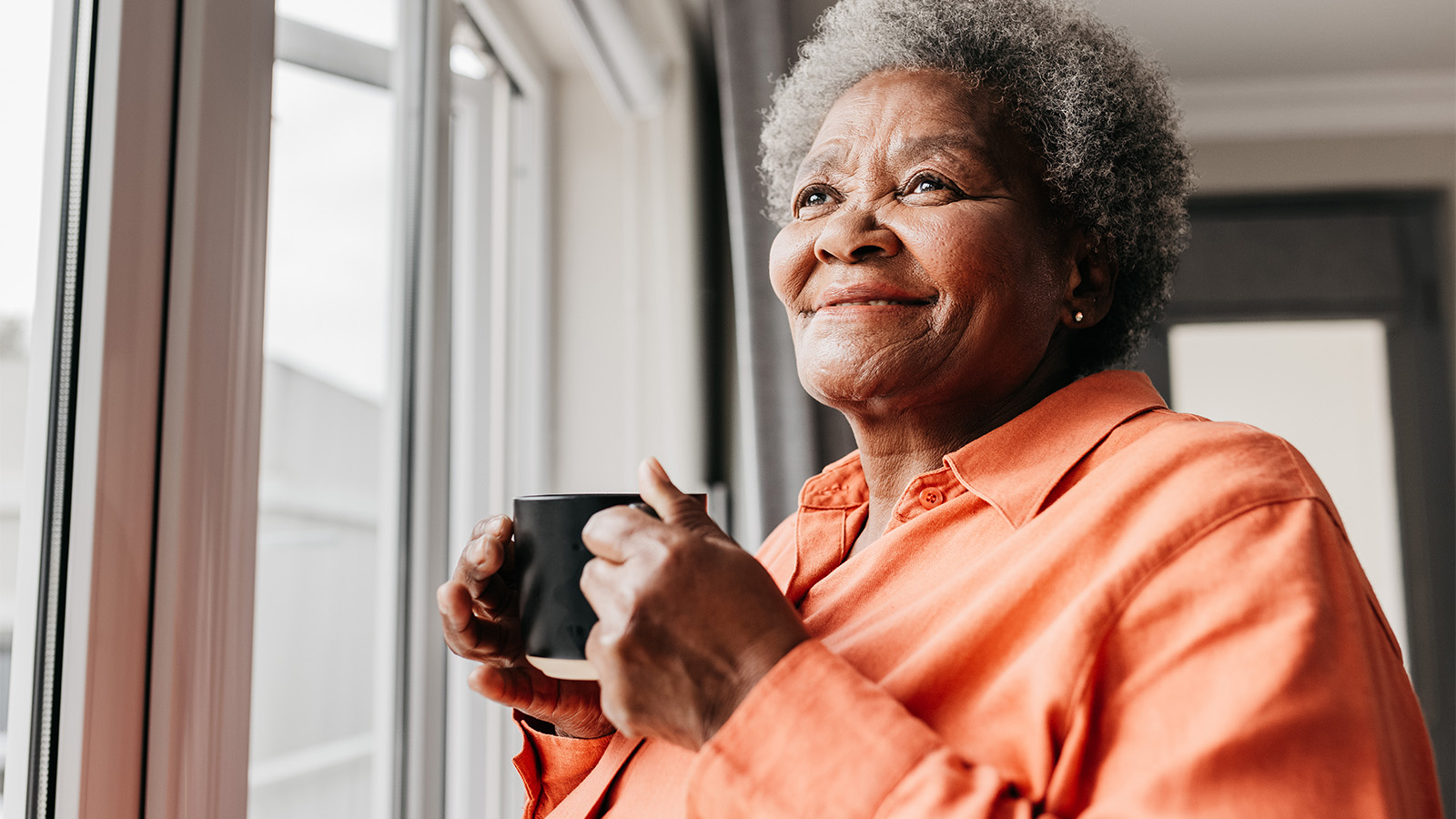
At-Home Colon Cancer Tests vs. Colonoscopy: Which Screening Option Is Right for You?
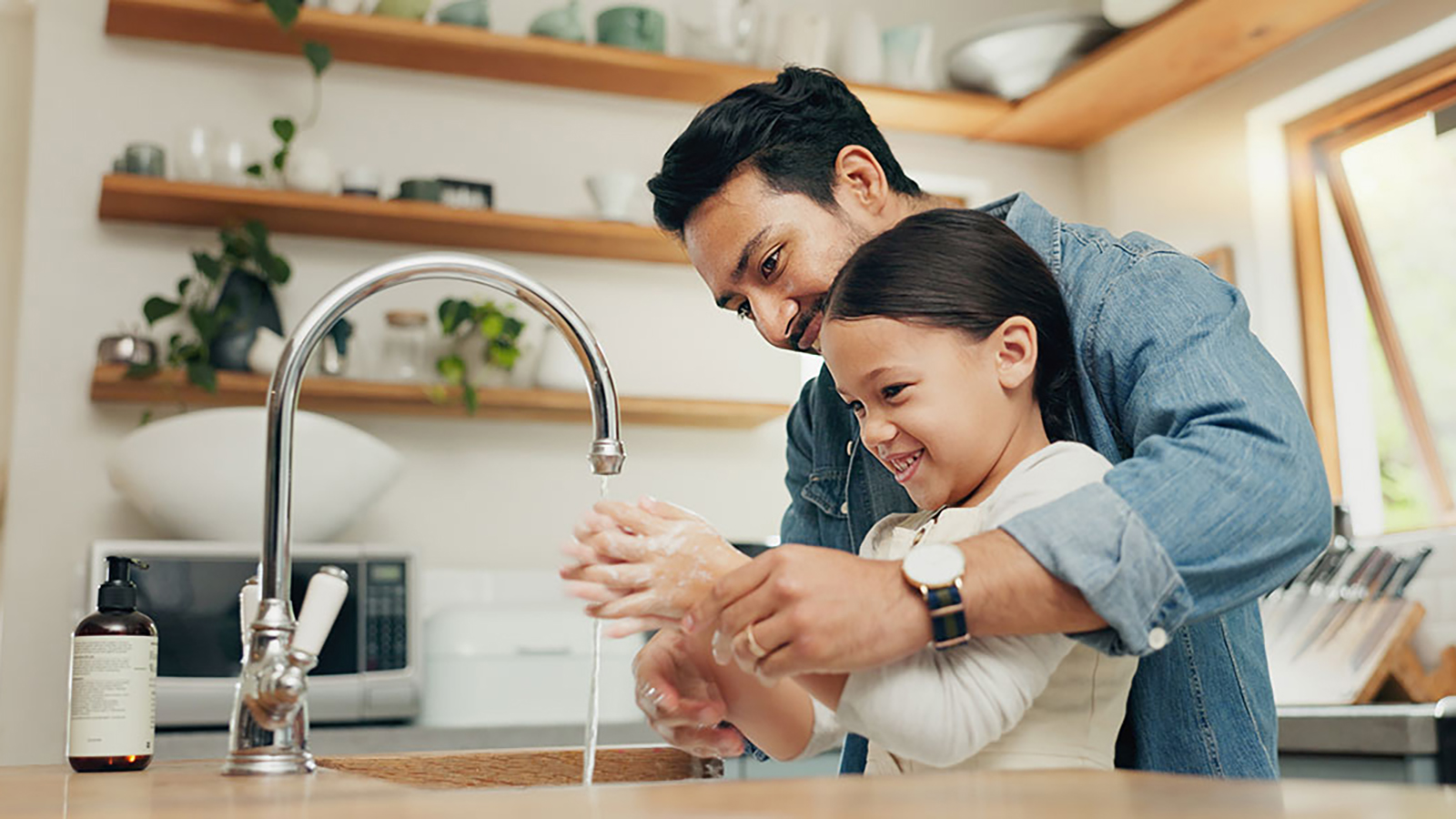
10 Hand Washing Tips to Keep You Healthy All Year

How the Unique Stages of a Woman's Heart Affect Her Health

Cervical Cancer Screening Guidelines: What You Need to Know

HeartTalk Magazine

How to Spot the Early Signs and Symptoms of a Stroke

How Weight-Loss Surgery Can Improve Diabetes, Heart Health, and More
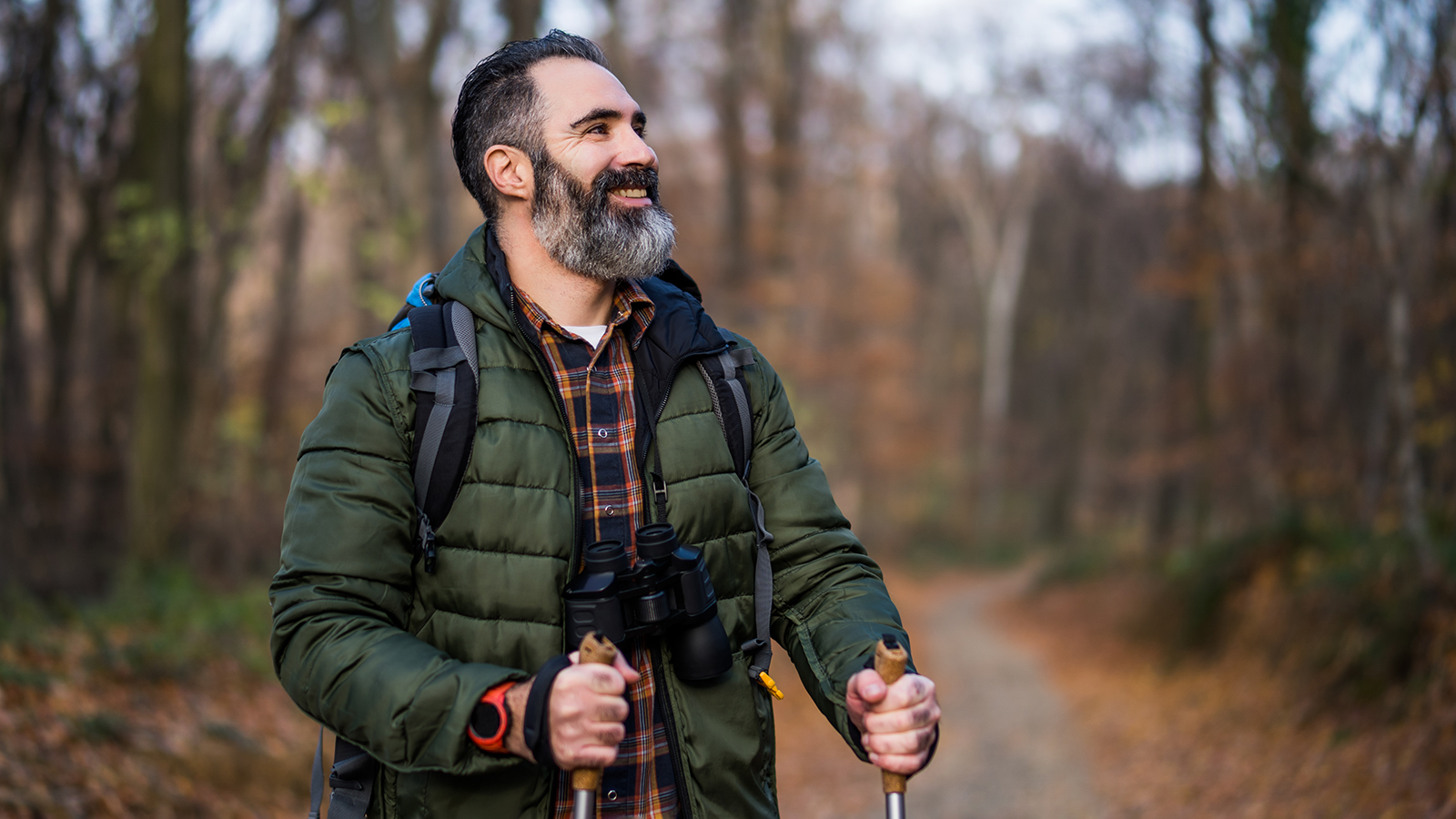
How to Achieve Your Health Goals This Year

Knee Replacement Rehab: 7 Exercises to Restore Your Strength and Range of Motion

Caregiving During the Holidays: Ways to Manage Stress and Find Joy

Bioidentical Hormone Replacement Therapy Pellets: Relief for Menopause and Andropause Symptoms

Why Is Sex Painful During Pregnancy? Pelvic Congestion Syndrome Explained
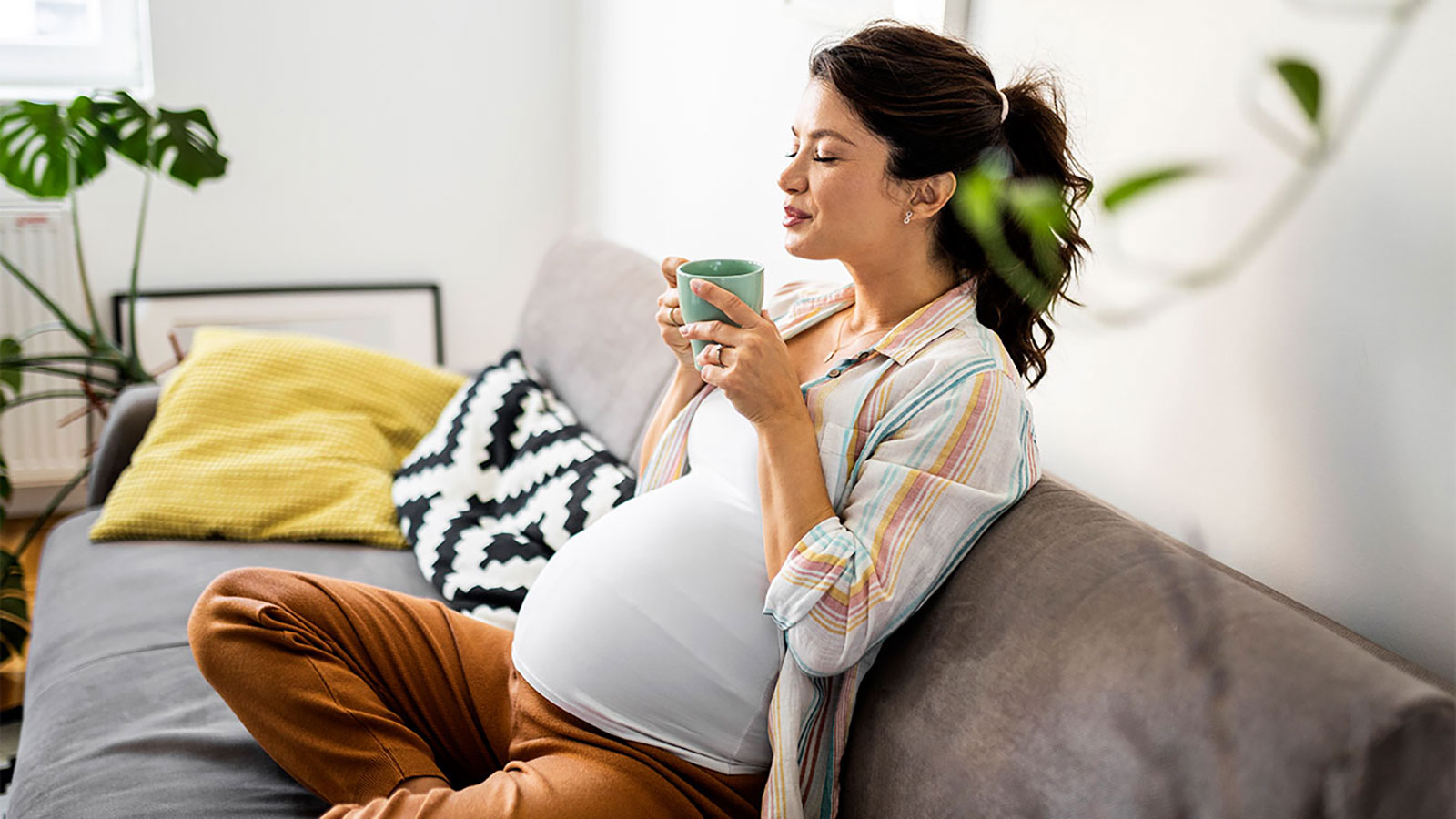
COVID-19 Vaccines and Pregnancy: FAQs

COMFORTing Tips to Avoid Holiday Heartburn
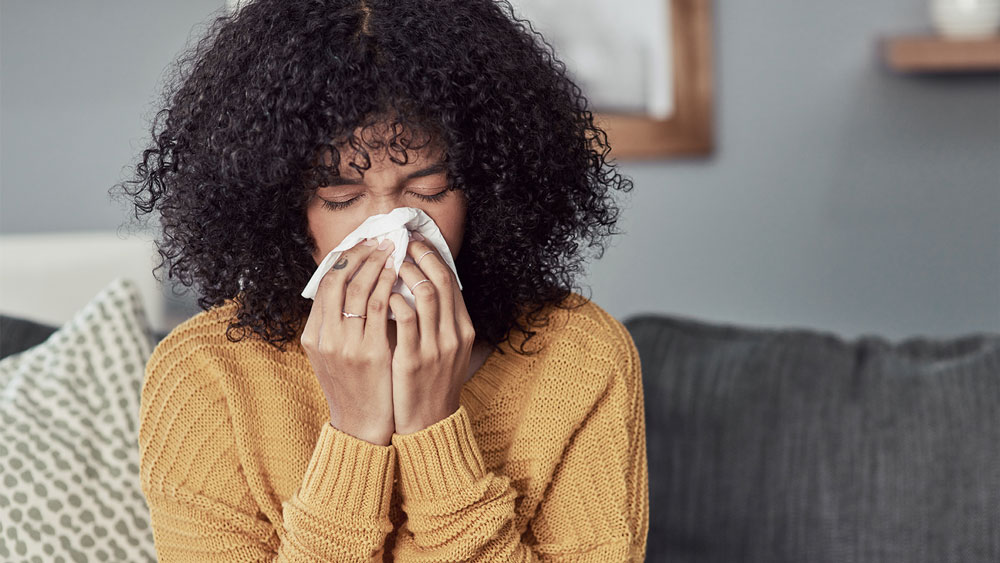
How to Tell the Difference Between Cold, Flu, and COVID-19

4 Exercise Tips to Help You Reverse High Blood Pressure
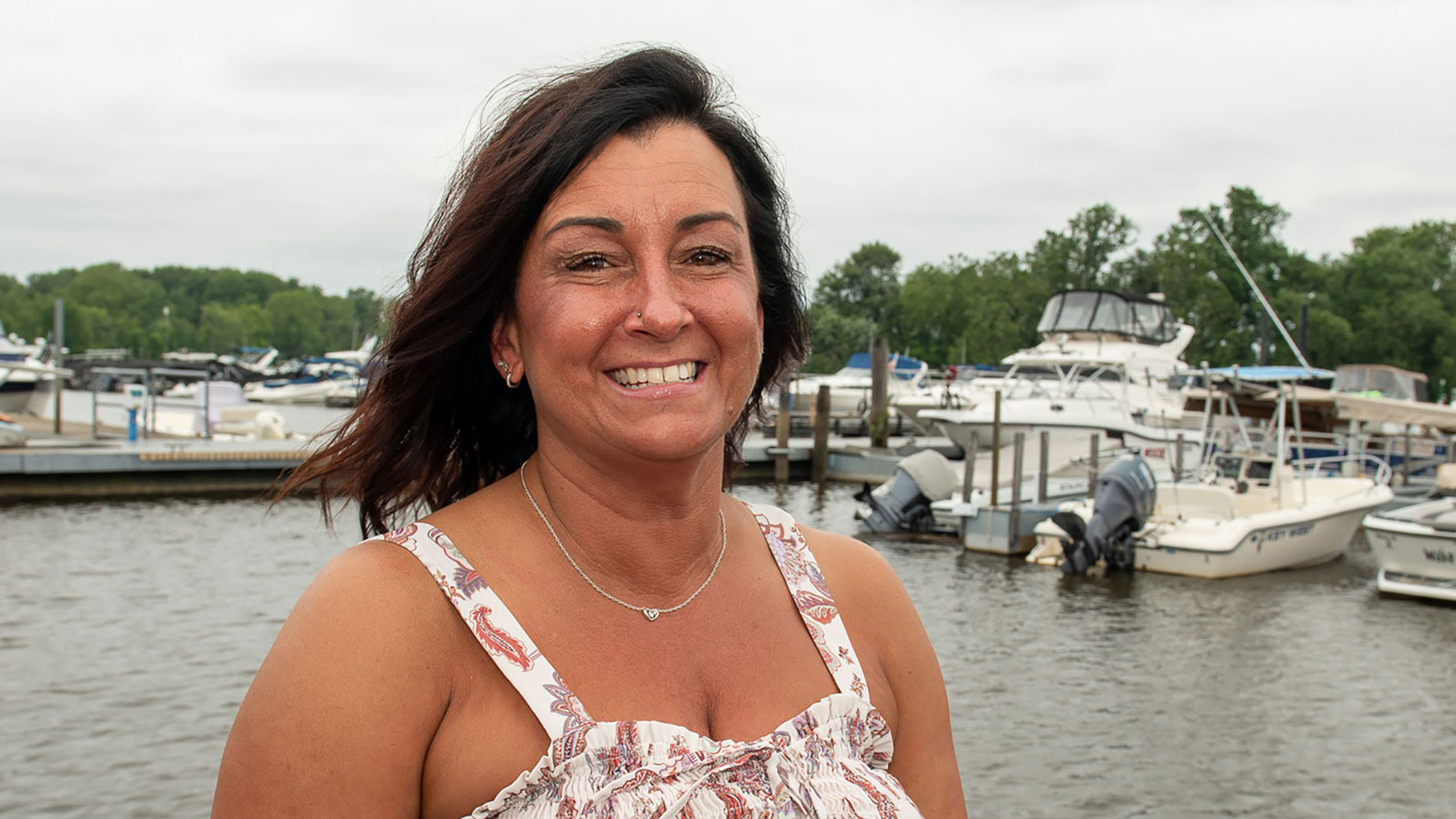
From Exhaustion to Empowerment: Tracy's Hormone Replacement Therapy Success Story
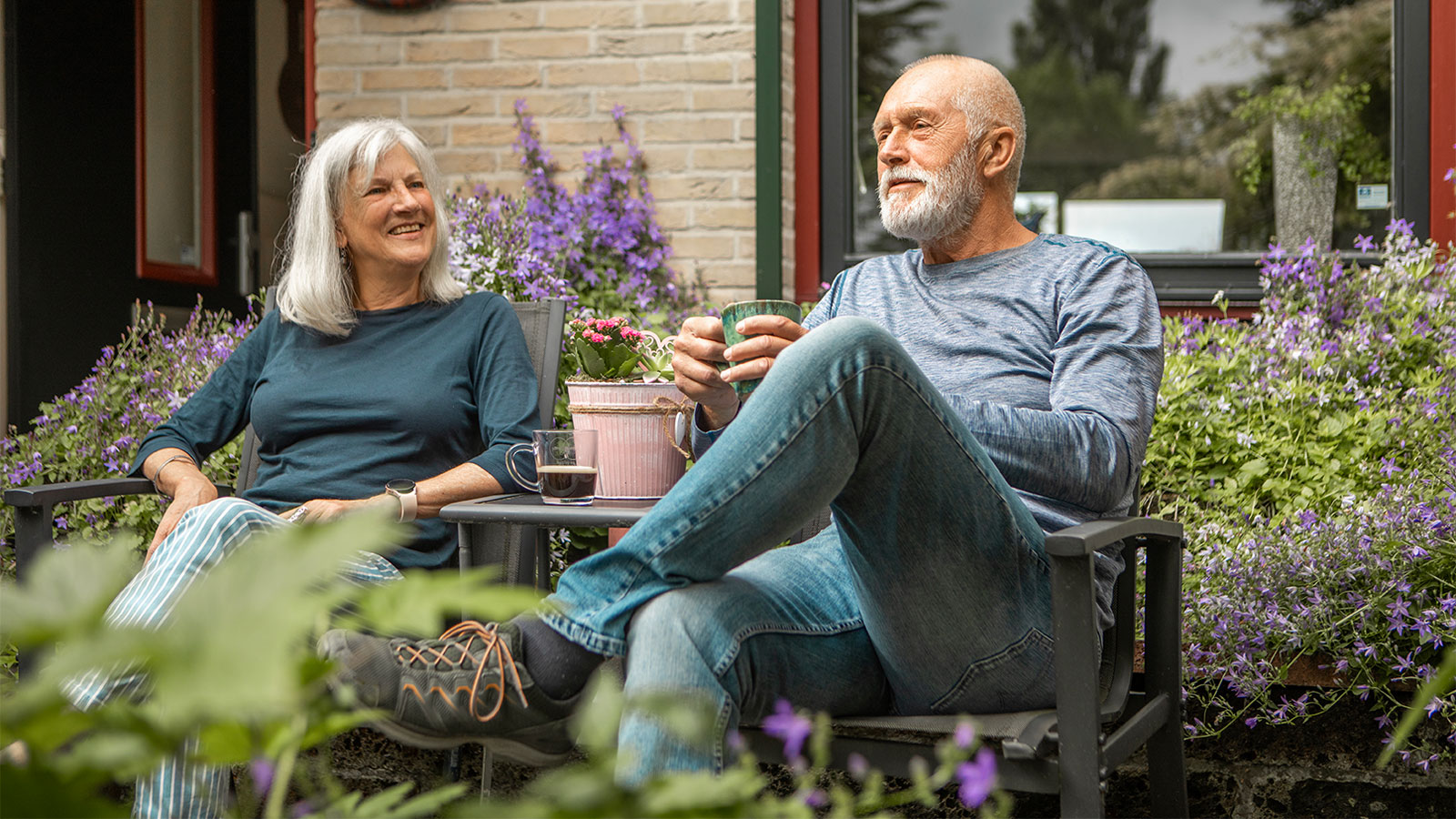
Daily Wellness Checklist: Simple Habits for Feeling Good Inside and Out

Sexual Health FAQs: The Questions Everyone’s Too Embarrassed to Ask

3 Reasons Why Now's the Time to Find Relief From Varicose Veins
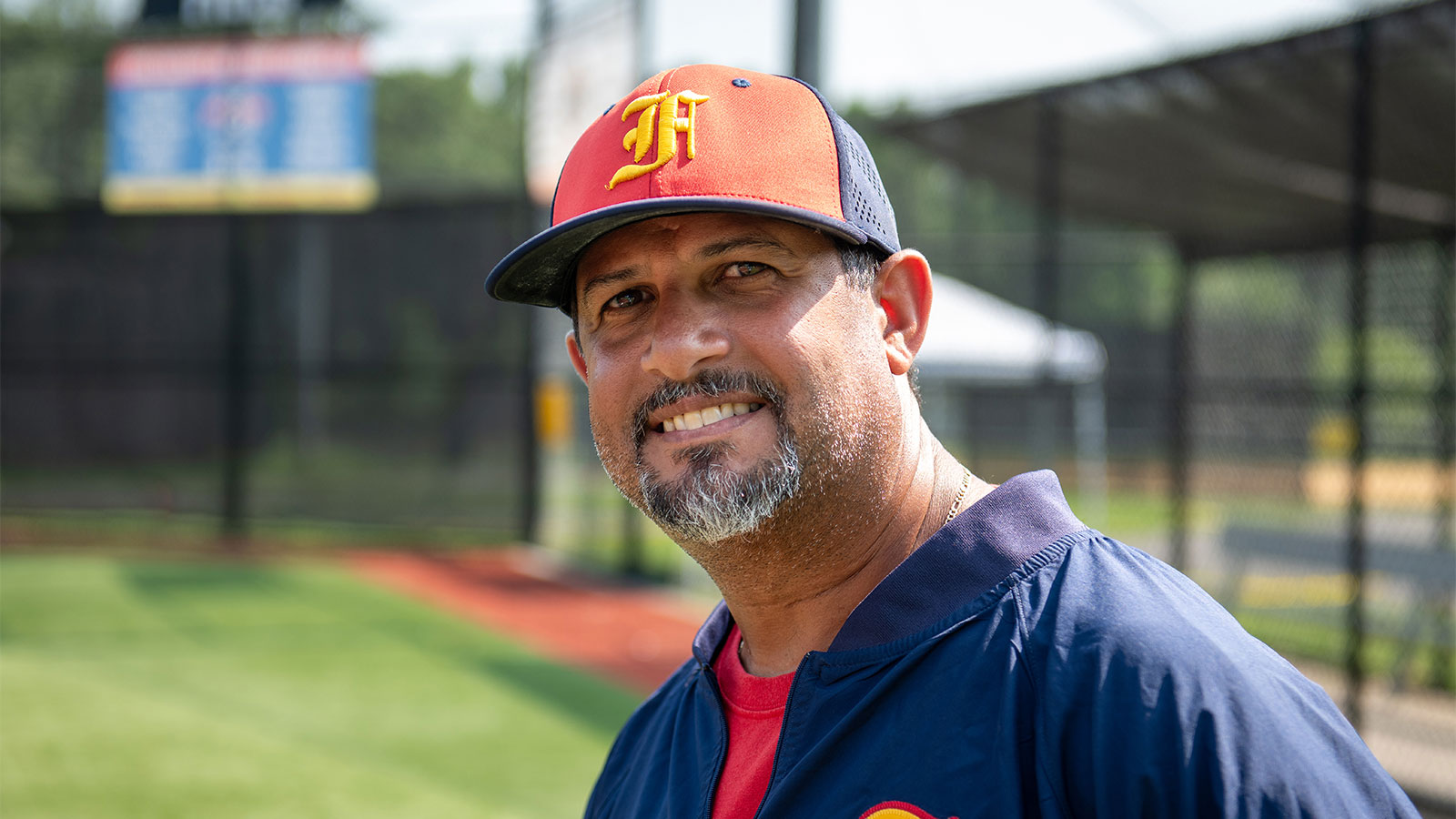
Baseball Coach Turns Male Breast Cancer Surprise into Personal Mission

The Brain Health Checklist: 11 Questions Everyone Should Ask

How to Get and Stay Healthy This Fall
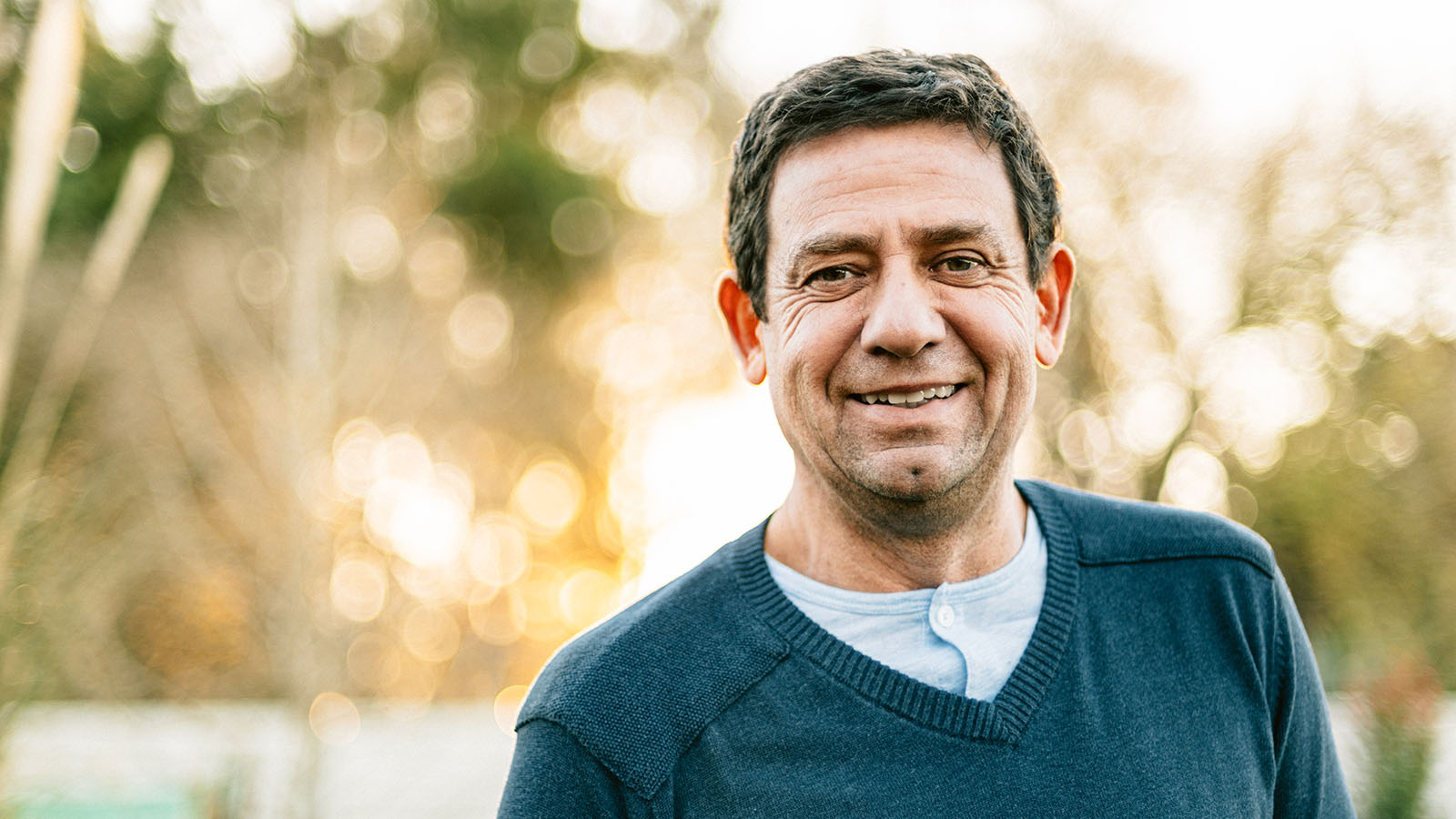
How to Reverse Prediabetes and Prevent Type 2 Diabetes
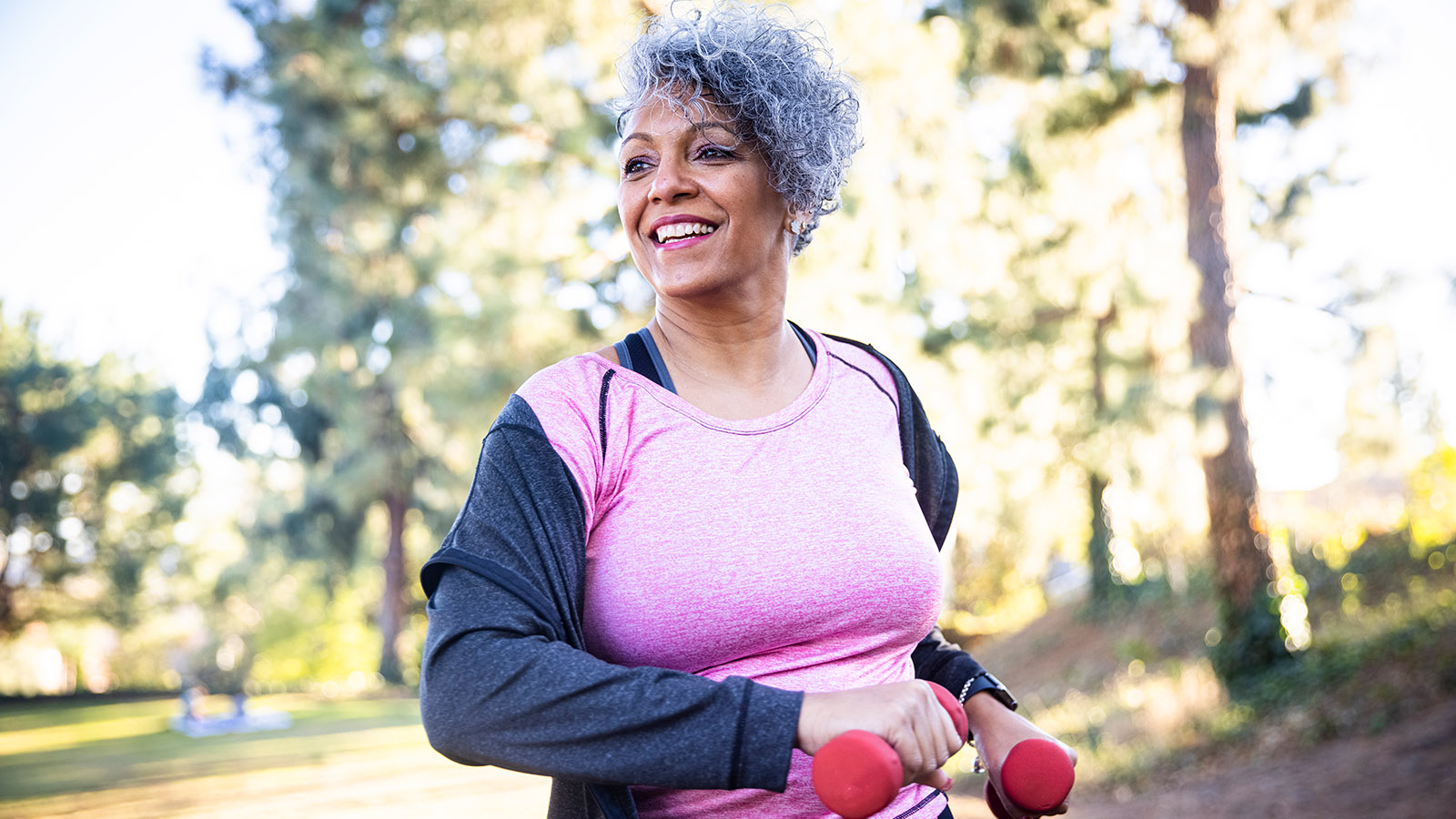
6 Ways to Get More Out of Your Daily Walk

Young Breast-Cancer Survivor Has New Hope for Healthy Future
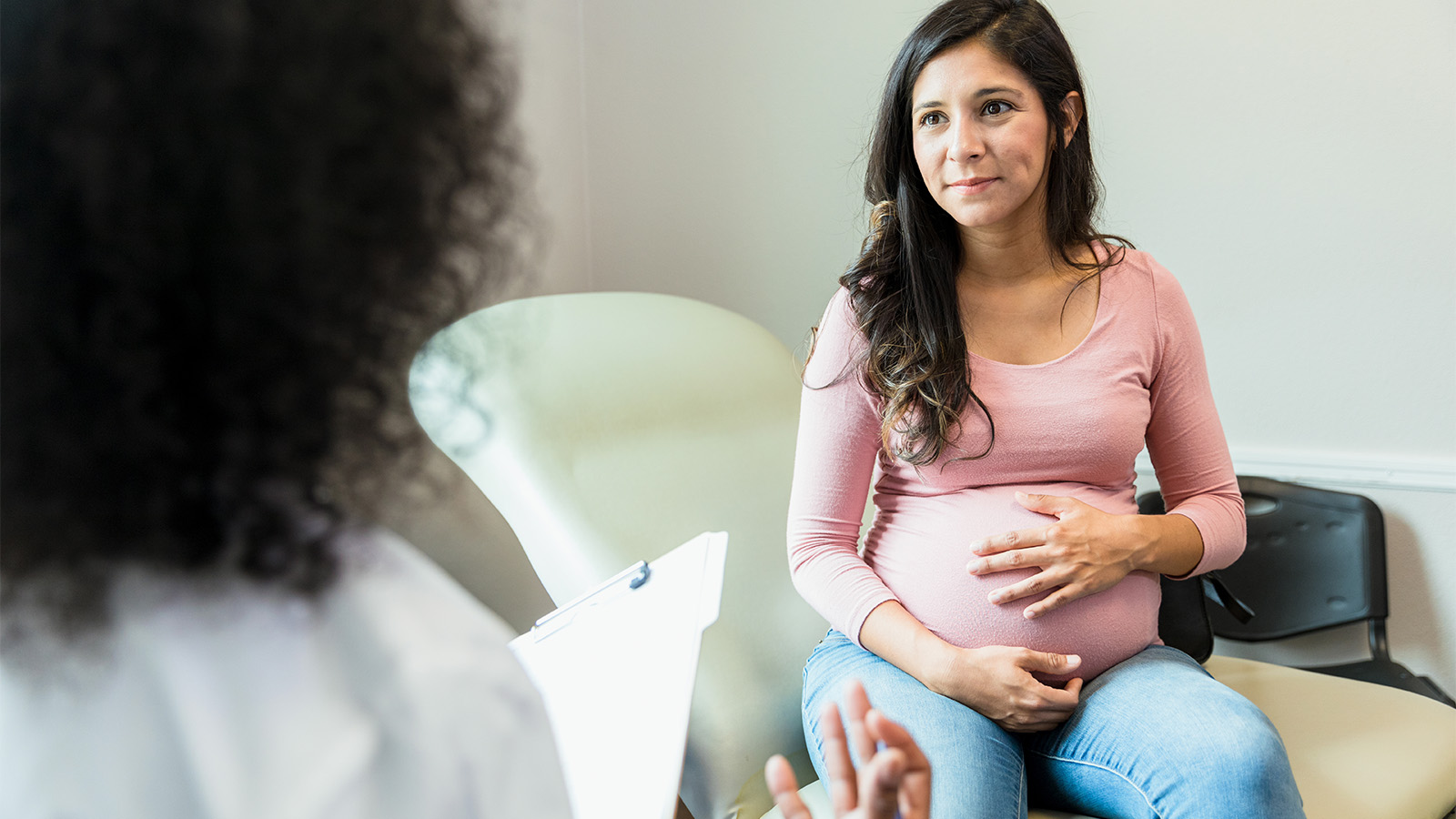
What To Know About Vaginal Discharge During Pregnancy

Is Cancer Hereditary? What You Need to Know About Your Genetic Risks

Tara's Story: From Debilitating Uterine Fibroid Pain to a Half-Marathon Medal

Is Your Post-Pregnancy Belly Bulge a Sign of Diastasis Recti?

Your Guide to Mammograms: When to Get Screened and What to Know

The Top 10 Foods That Boost Your Brain Health
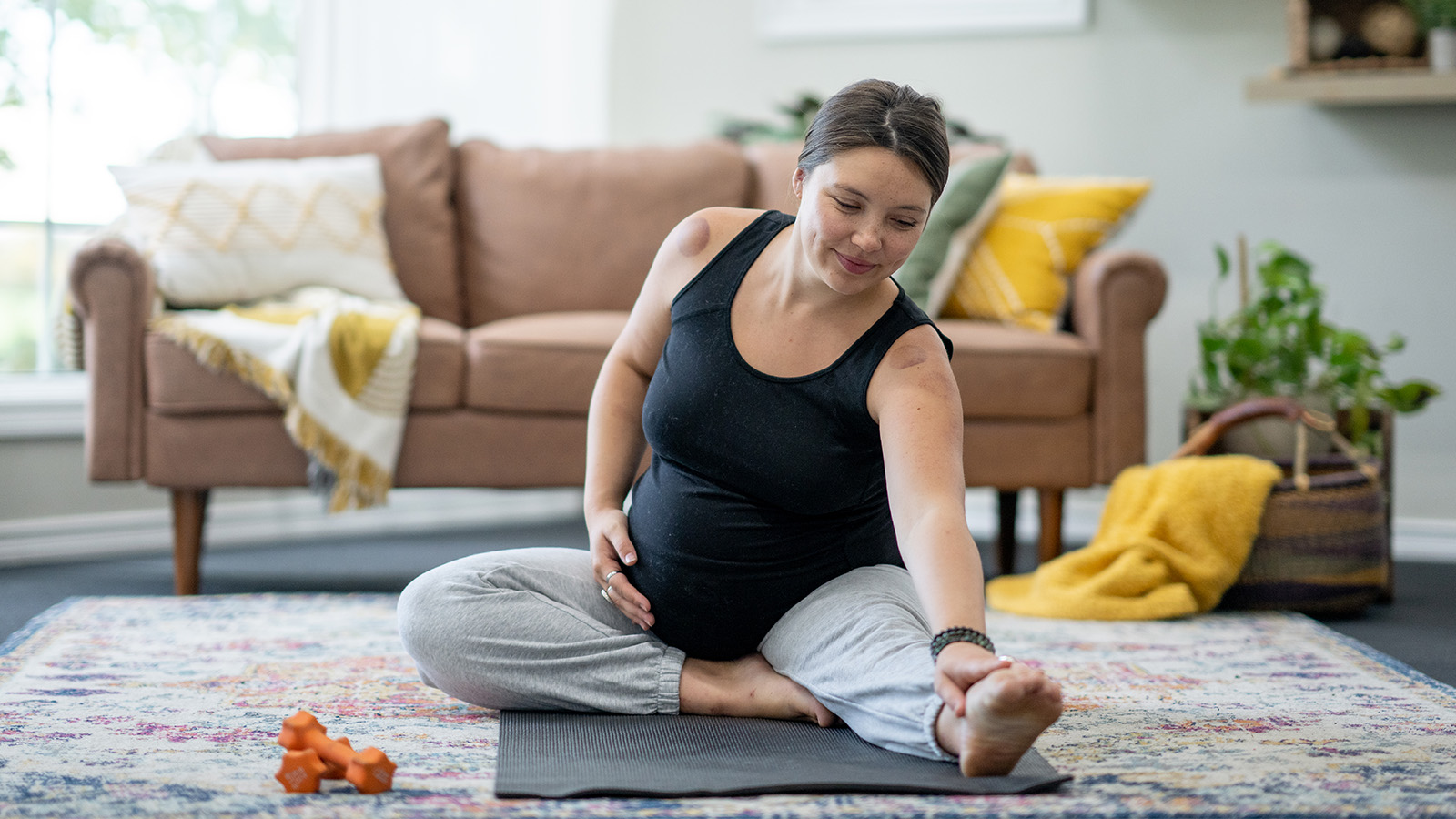
Is It Safe to Exercise During Pregnancy?
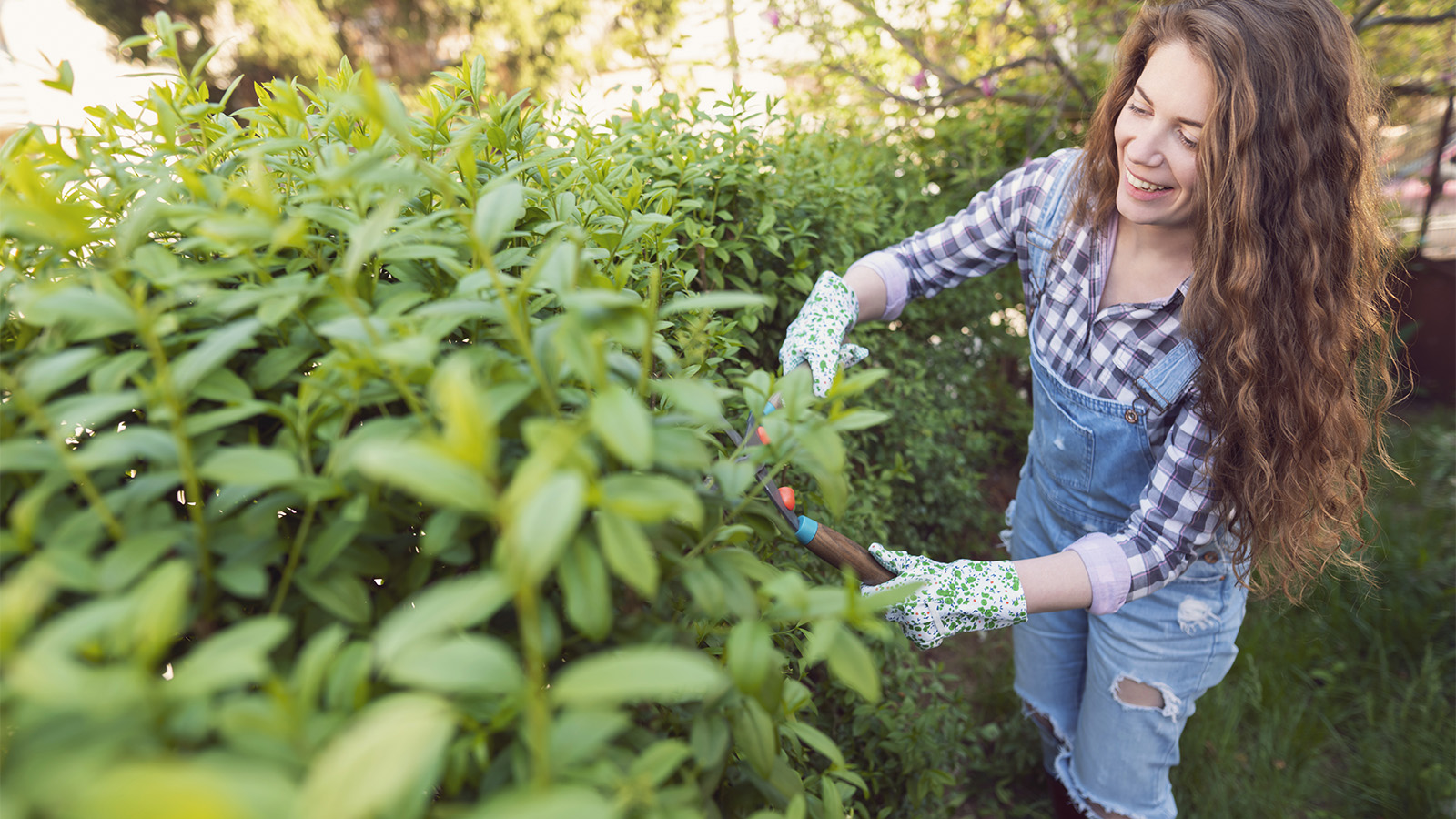
Prevent Yard Work Injuries: Tips for Mowing, Gardening, and Raking
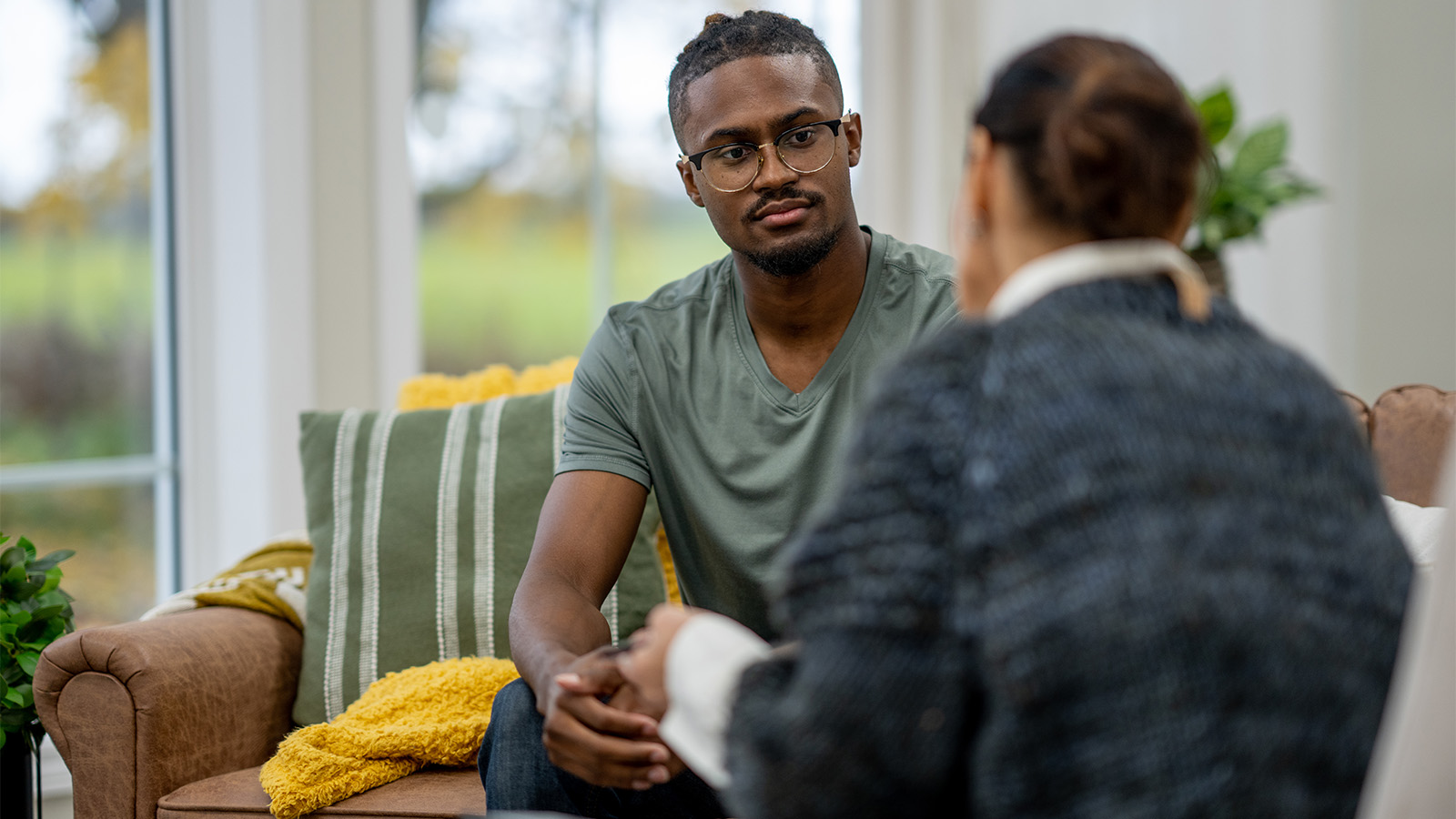
Where To Seek Mental Health Help And Treatment
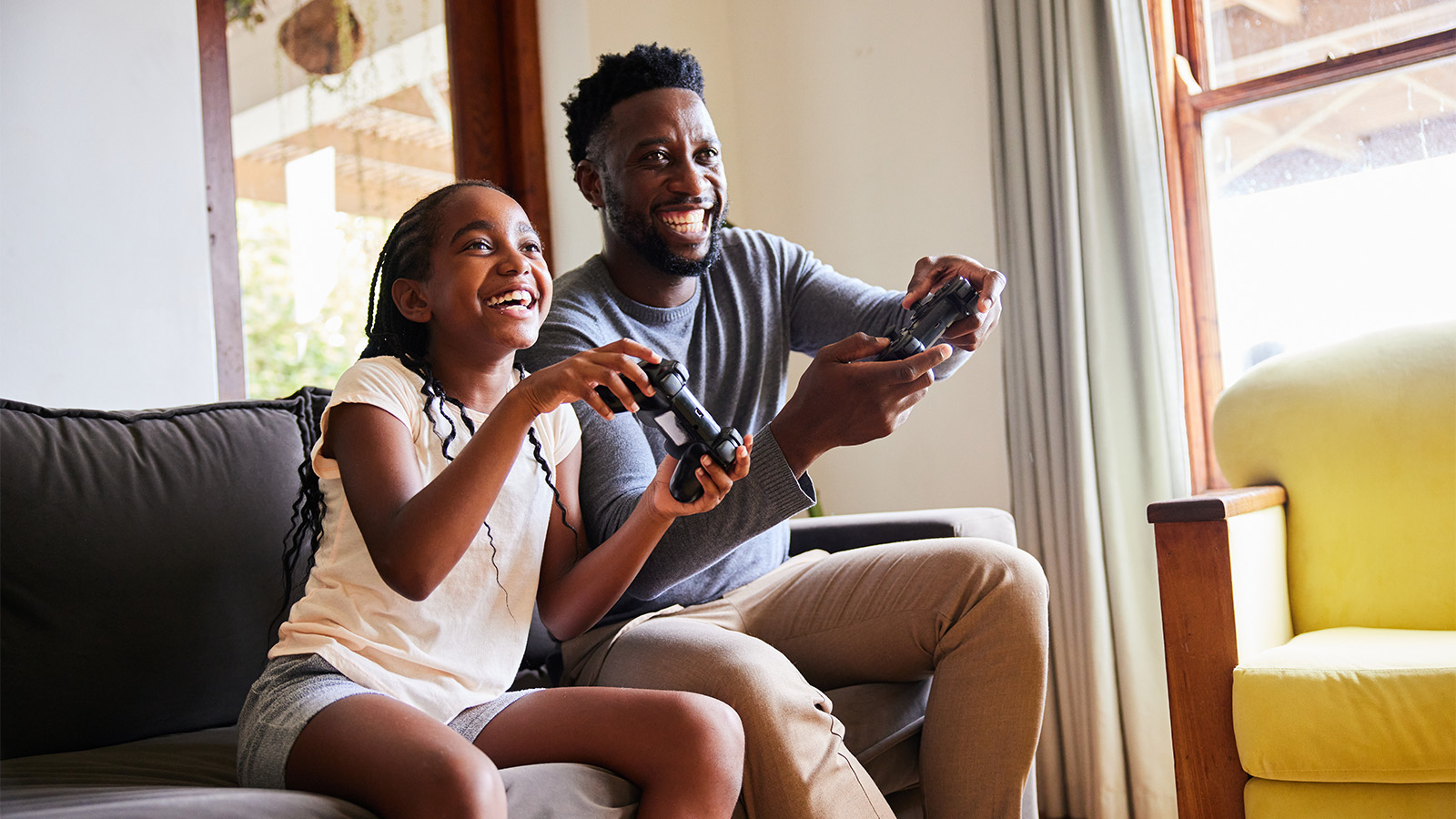
5 Ways to Set Healthy Video Game Limits for Your Kids

Healthy Weight Gain During Pregnancy: A Guide for Moms-to-Be
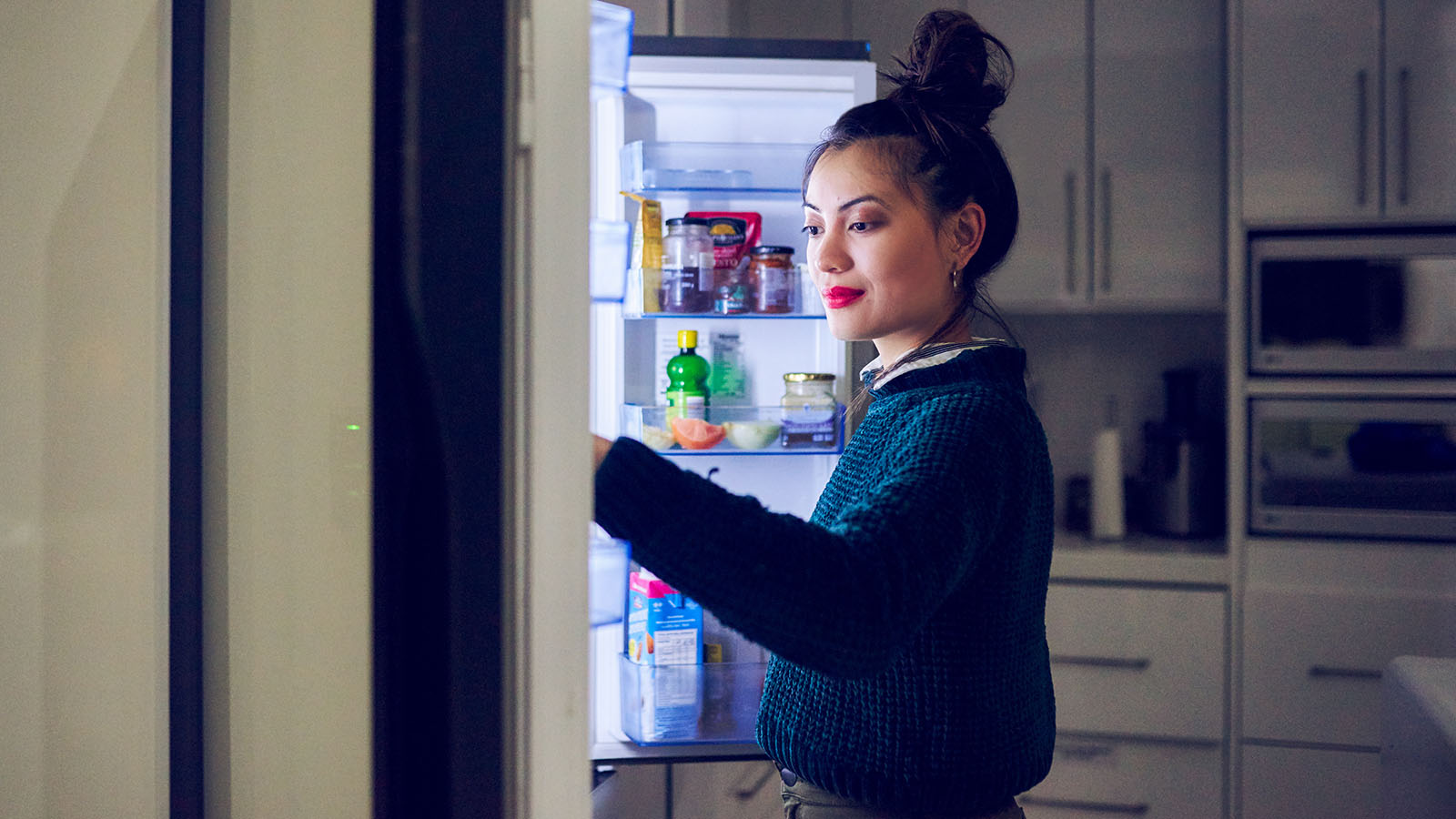
How to Curb Nighttime Snack Cravings
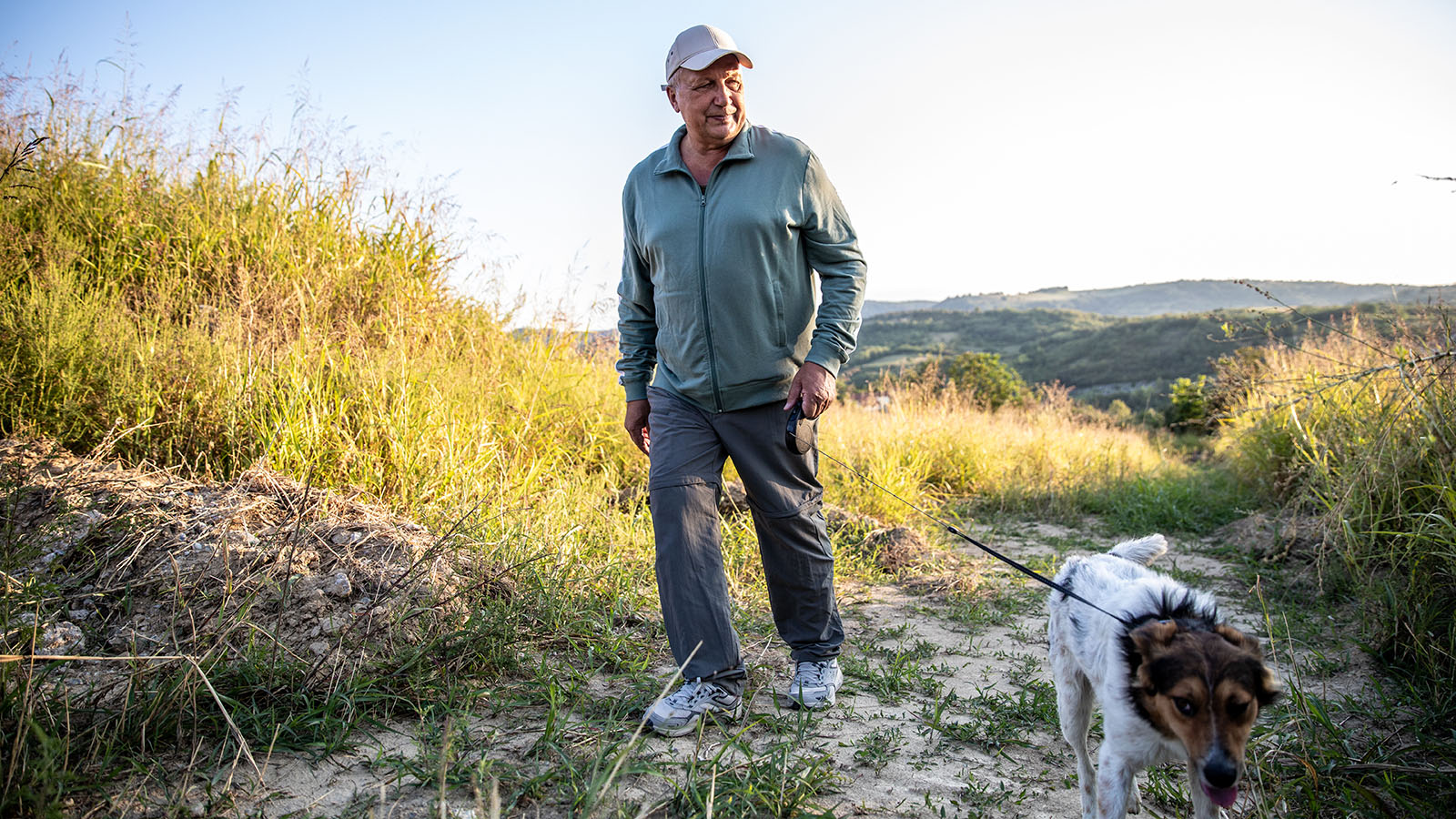
Is Your Daily Walk Making You Really Sore?

IBS and Alcohol: Can You Still Enjoy a Drink?

'Feeling Joy Again': ECT Brain Stimulation Therapy Restores Ashley's Well-Being

Not Just for Wrinkles: Botox Injections Promote Improved Bladder Control
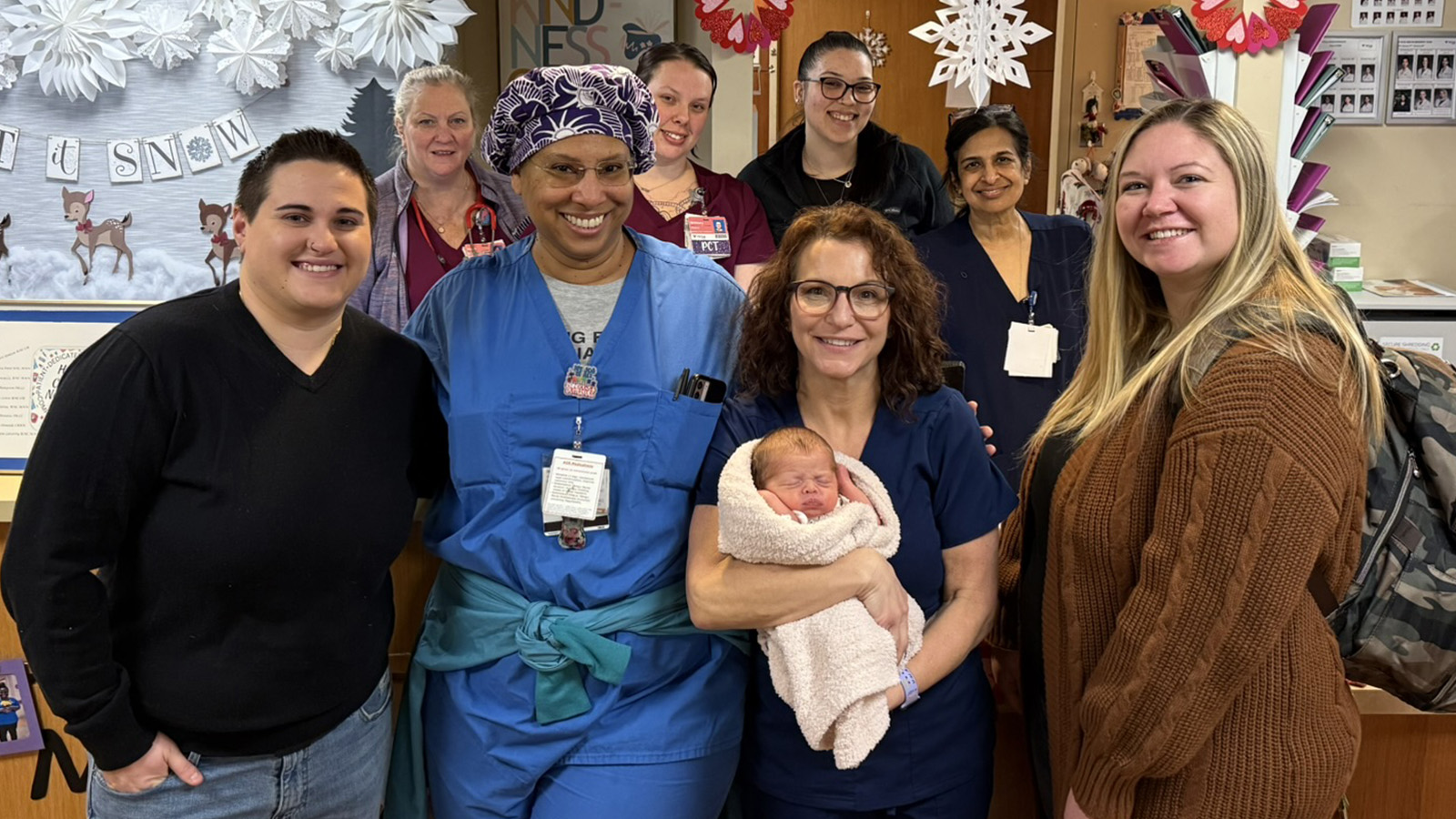
Caring Maternity Team Transforms Harley's Pregnancy Crisis Into Lasting Memories
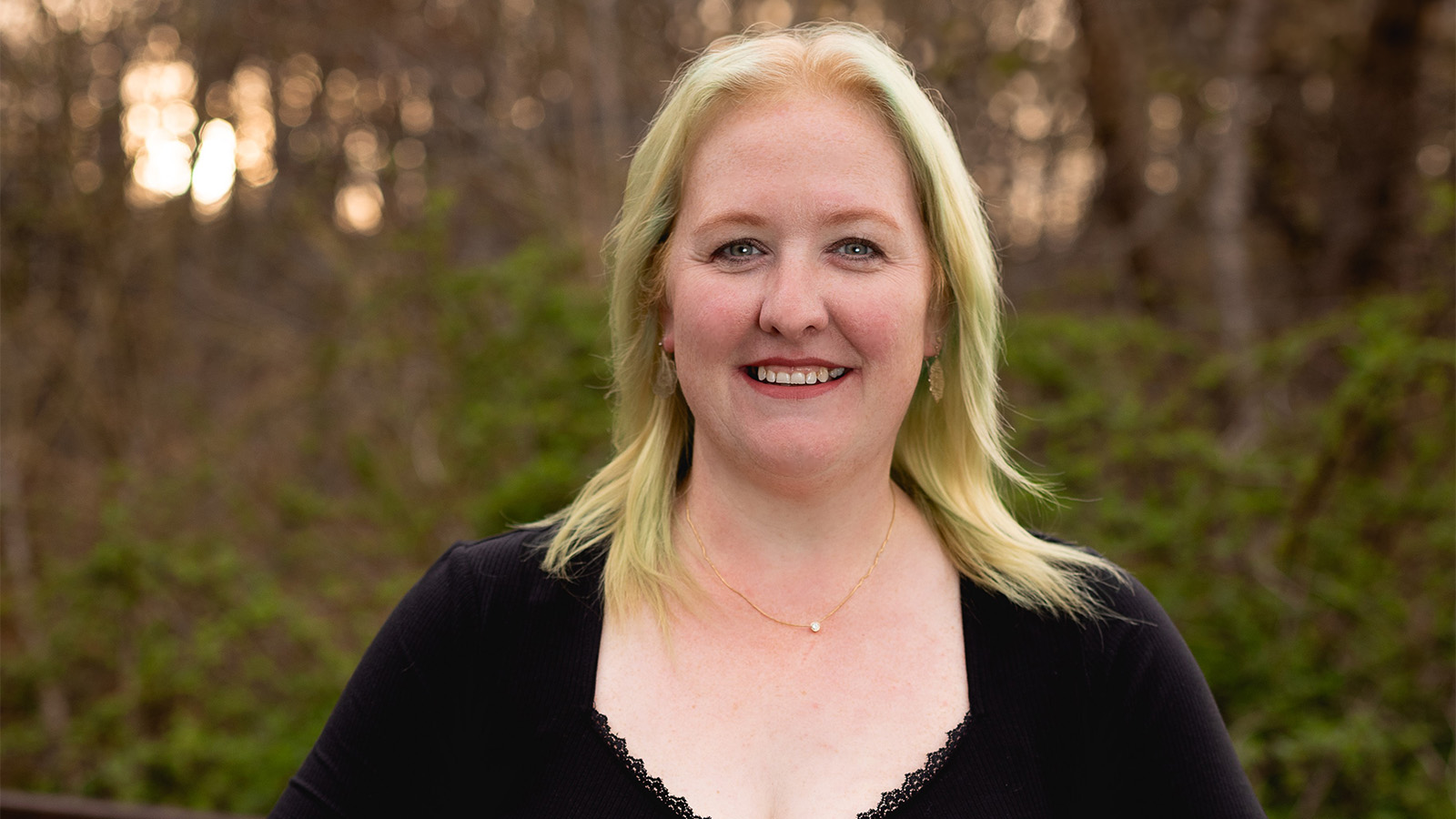
Robotic Hysterectomy, Trusted Care Help Bobbi Shine Again

Easy, Healthy Lunch Ideas for the Beach

How to Stay Cool and Prevent Heat Illness All Summer Long
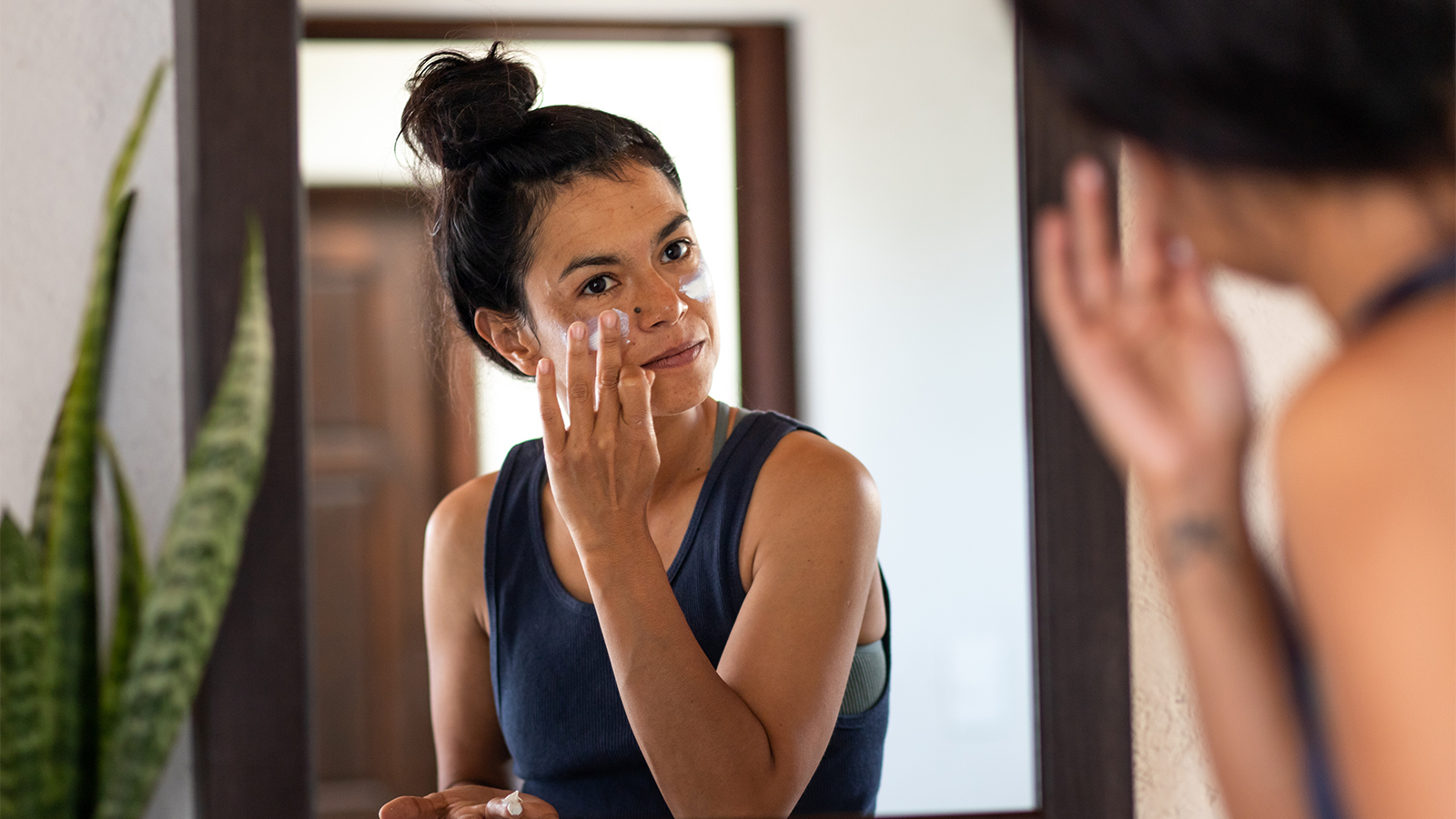
Do Not Get Burned by These Sunscreen Myths
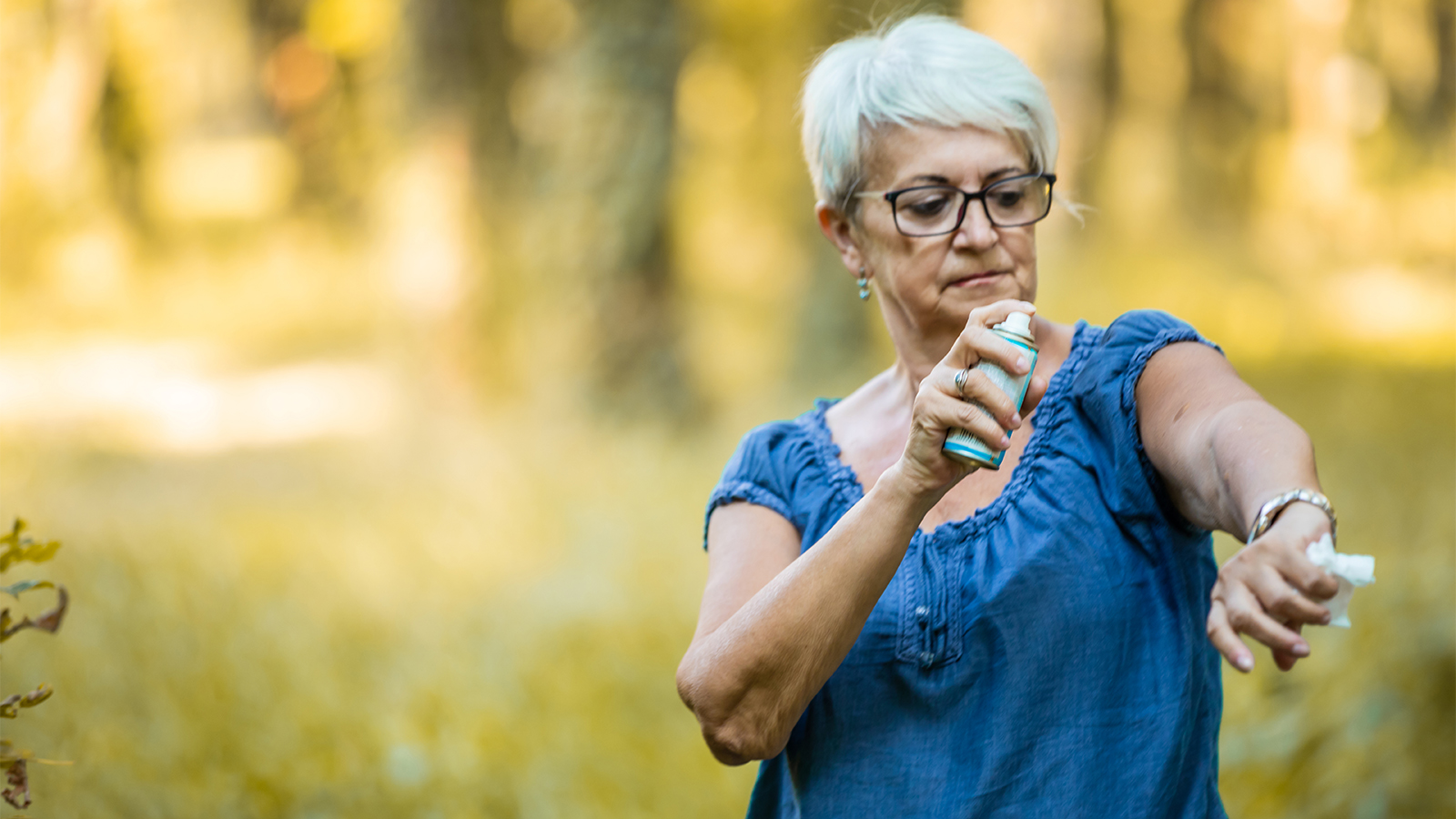
Beat the Bugs and Save Your Summer
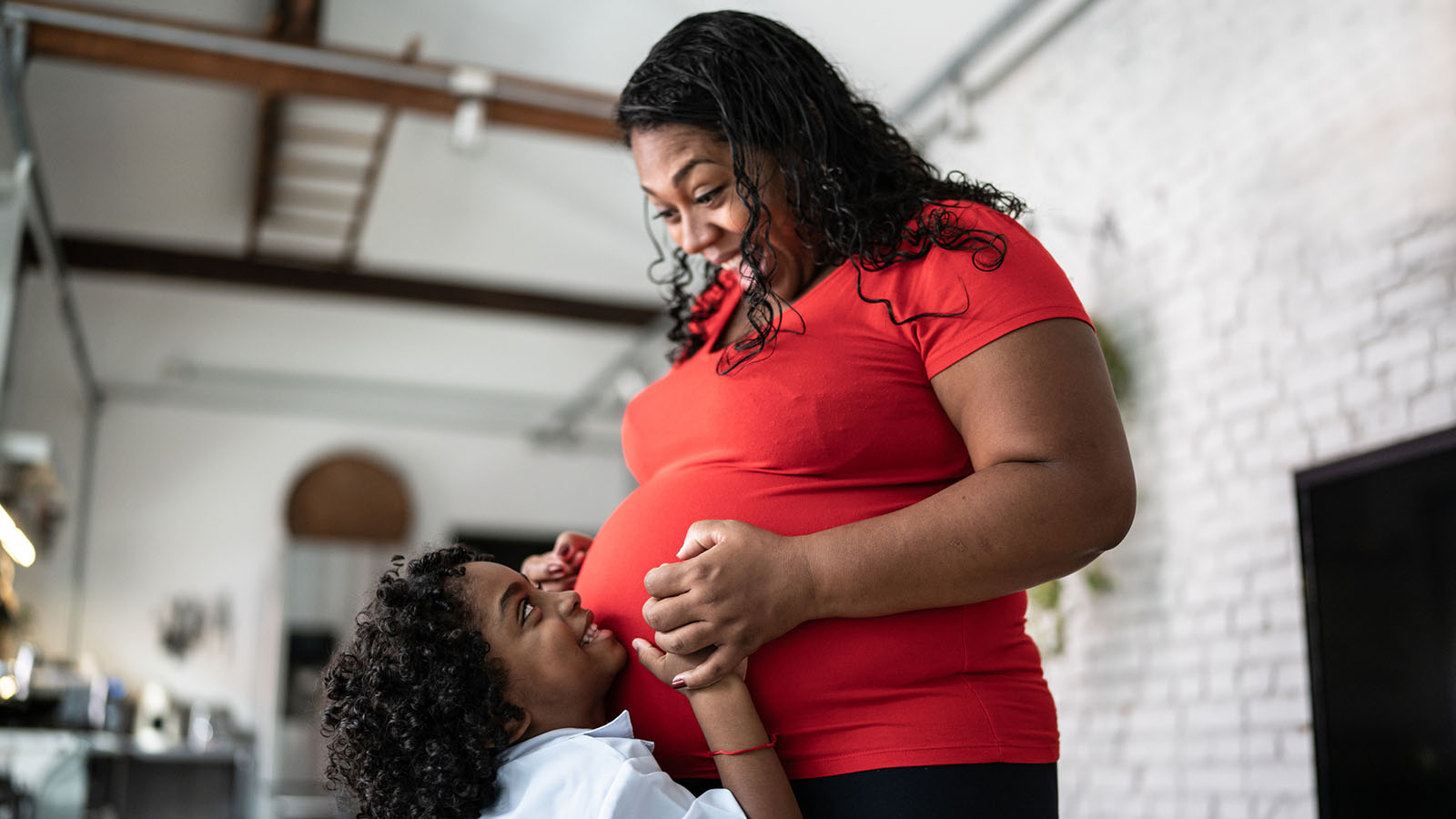
How to Have a Healthy Pregnancy if You're Overweight

Why You Get Sick on Vacation (and How to Stay Healthy While Traveling)
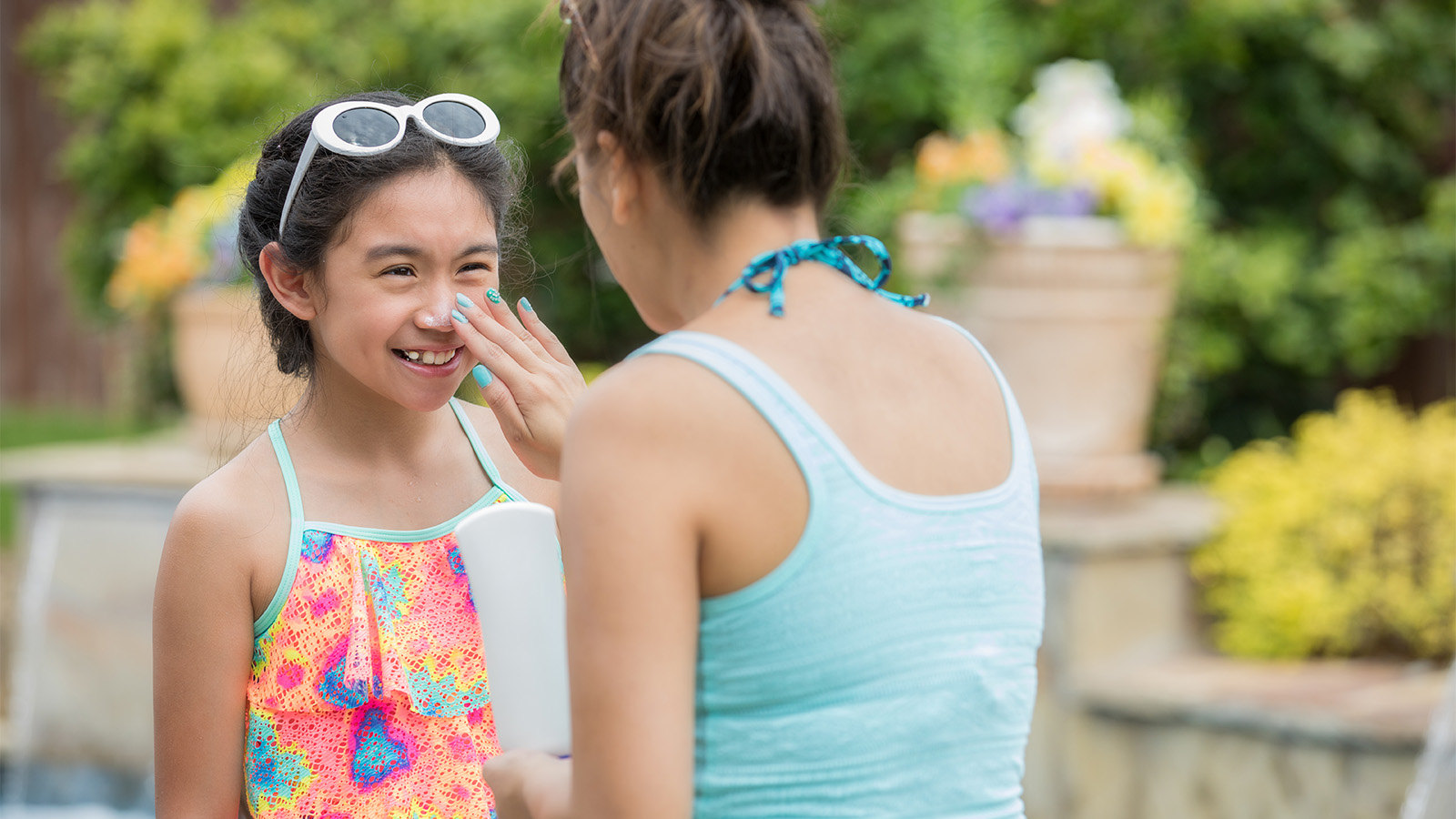
6 Hot Tips for a Safer Summer

4 Surprising Health Truths You Should Know

5 Interesting Facts About Your Heart

Is Low Sex Drive Normal? Revealing the Complex Causes of Low Libido in Women

CABG Surgery: What Women Should Know About Heart Health and Healing
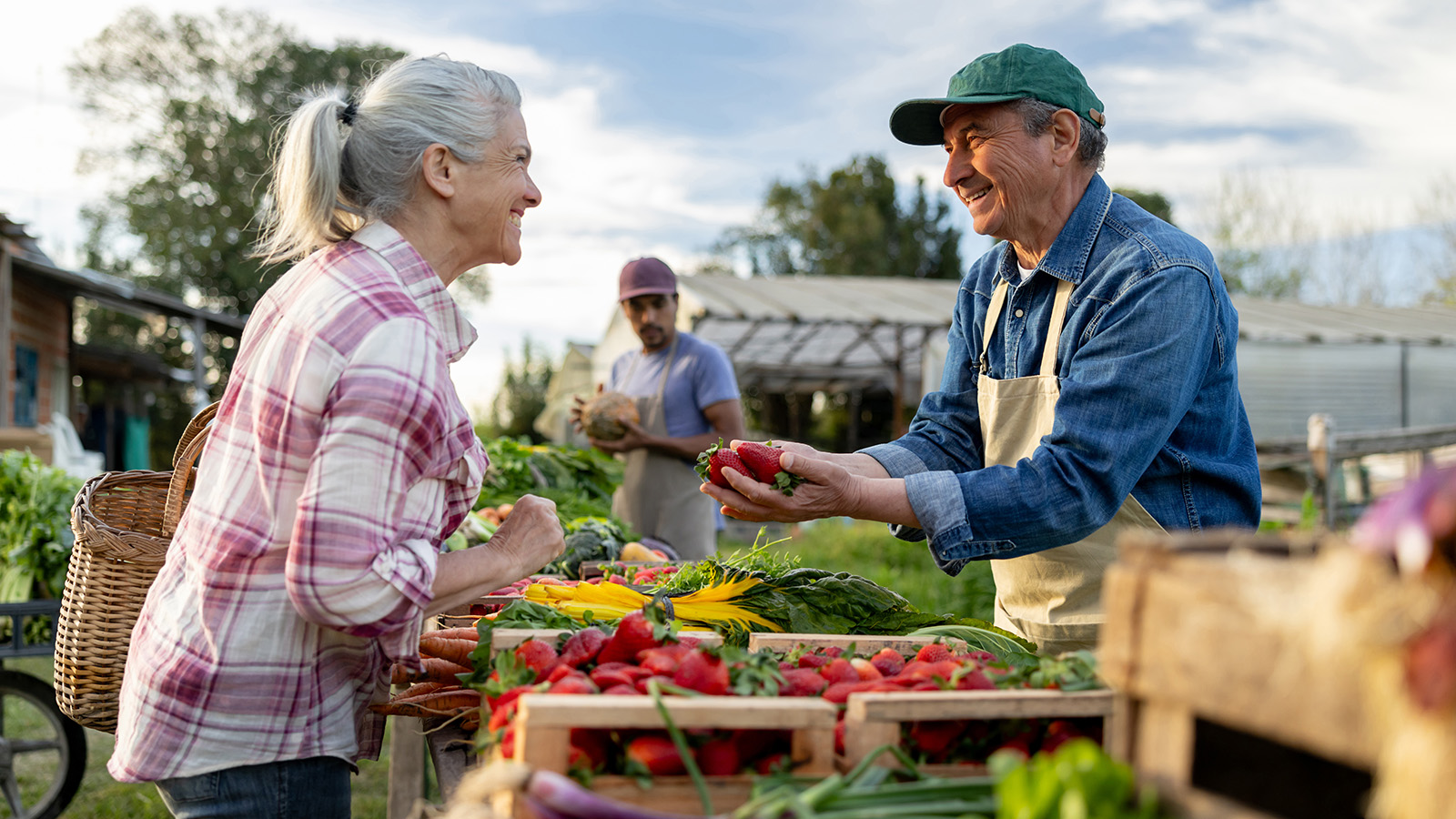
5 Feel-Good Activities to Explore Around South Jersey
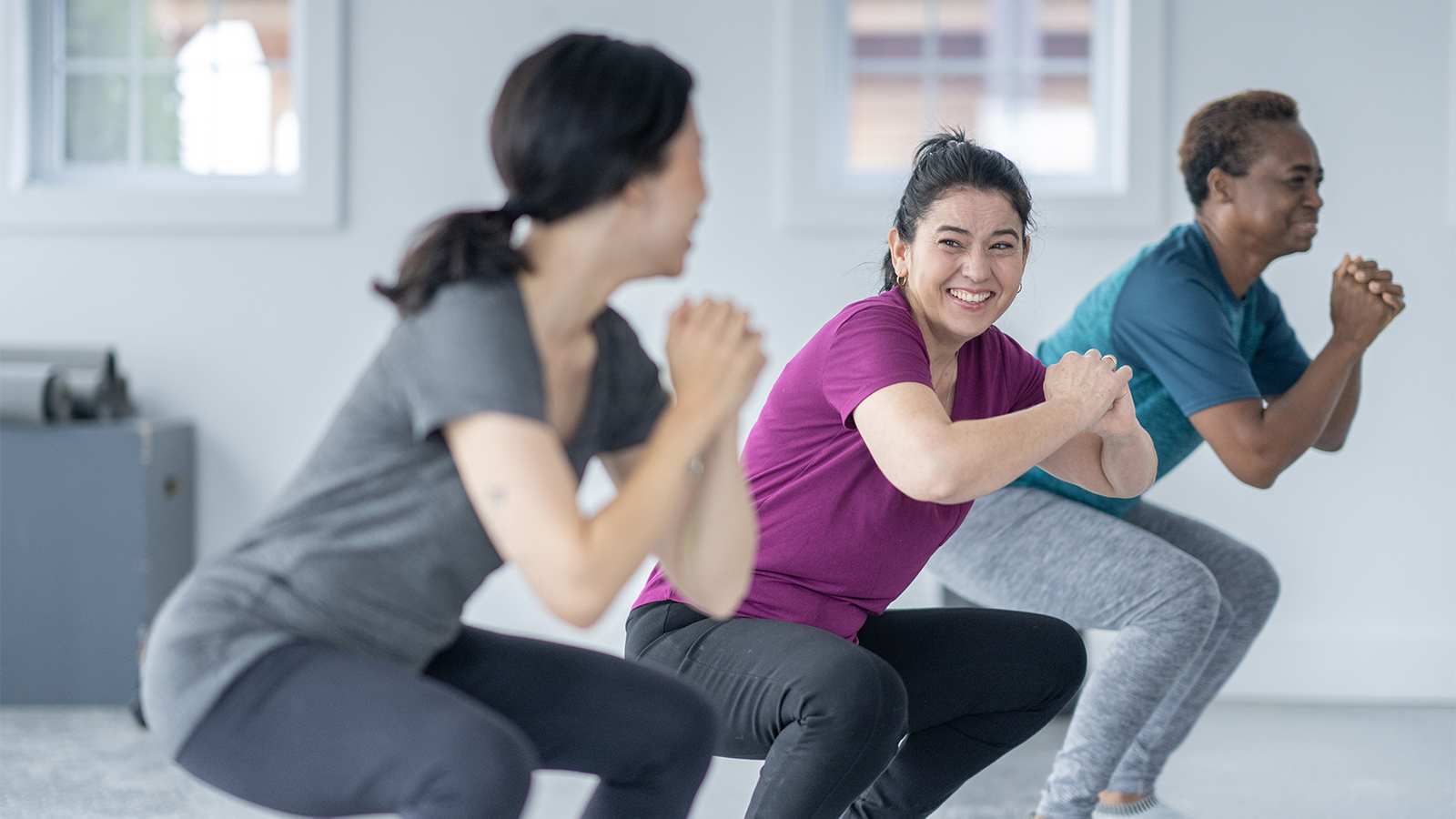
Stress Incontinence vs. Urge Incontinence: What's the Difference?

Tips to Support Your Childs Mental Health

5 Key Facts About Proton Therapy for Cancer Treatment

3 Changes You Can Make Today to Lower Your Cancer Risk
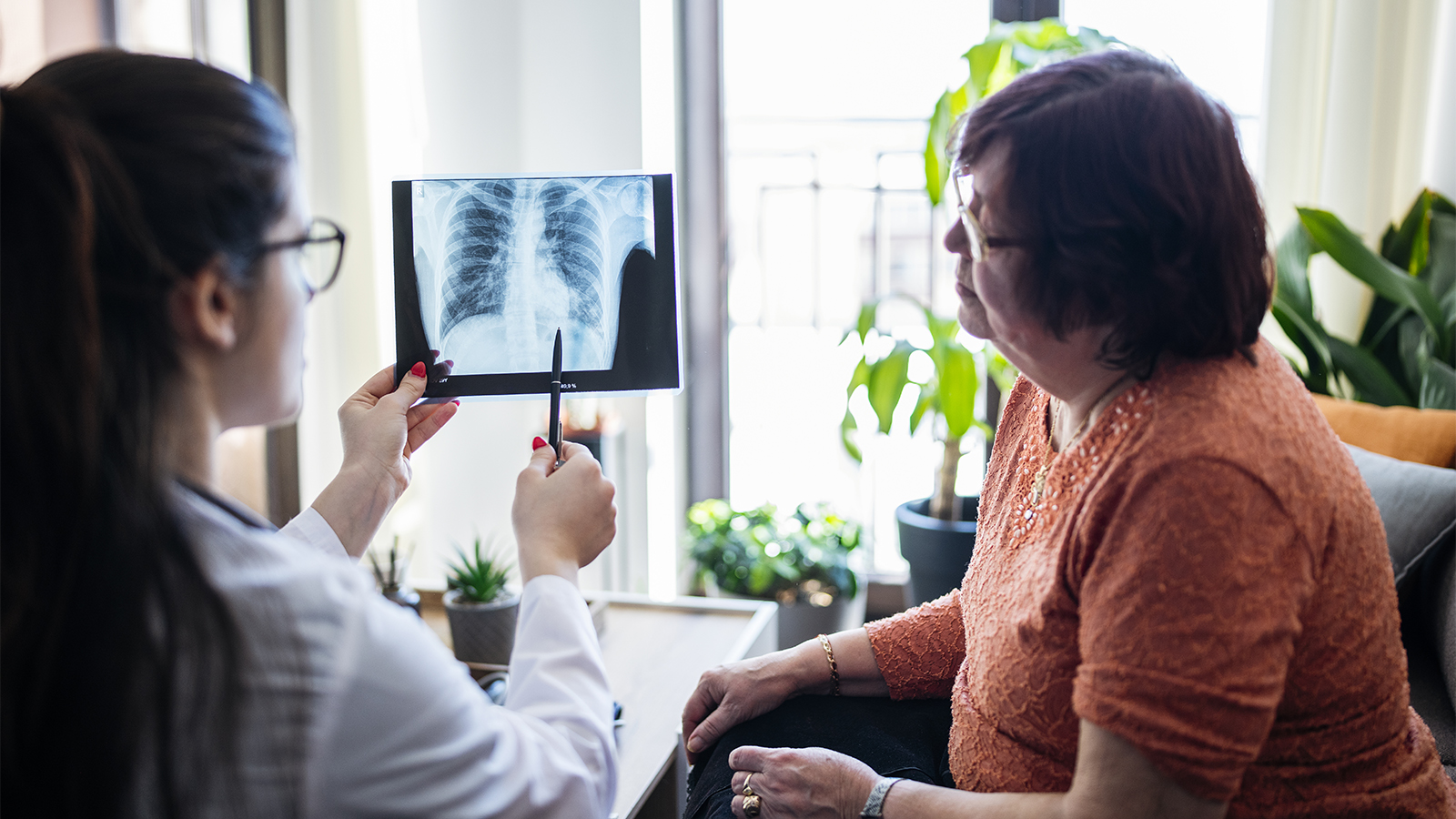
A Lung Cancer Screening Could Save Your Life

Mood Swings vs. Mood Disorders: Know the Signs and Get Help
Are emotional ups and downs disrupting daily life? Learn common signs of mood disorders, and when to talk to a doctor about diagnosis and treatment options.

Take Pride in our Health: Must Dos for LGBTQ+ Preventative Care

4 Foolproof Pelvic Floor Strengthening Exercises for Women

What to Expect During Perimenopause

Protect Yourself From Tick Bites and Lyme Disease
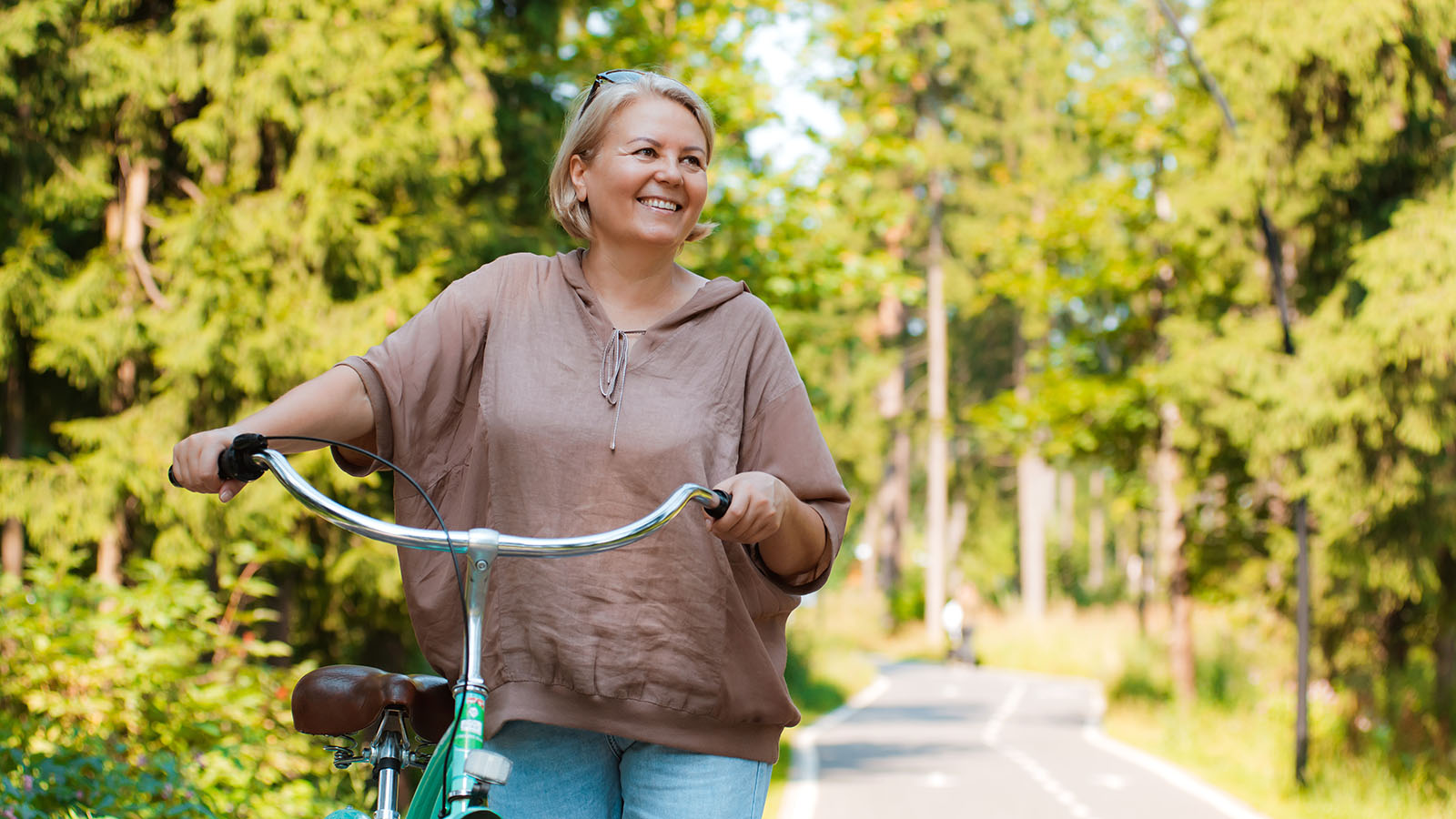
10 Quick Ways to De-Stress

4 Ways to Stay Fit and Healthy on a Budget

Do You Know the Signs and Symptoms of Uterine Fibroids?

How Are Uterine Fibroids Treated?

Can I Have Sex After a Hysterectomy?

From Restless to Restful: How Movement Improves Sleep

5 Simple Ways to Spring Clean Your Wellness Routine

What to Expect From a Robotic Hysterectomy
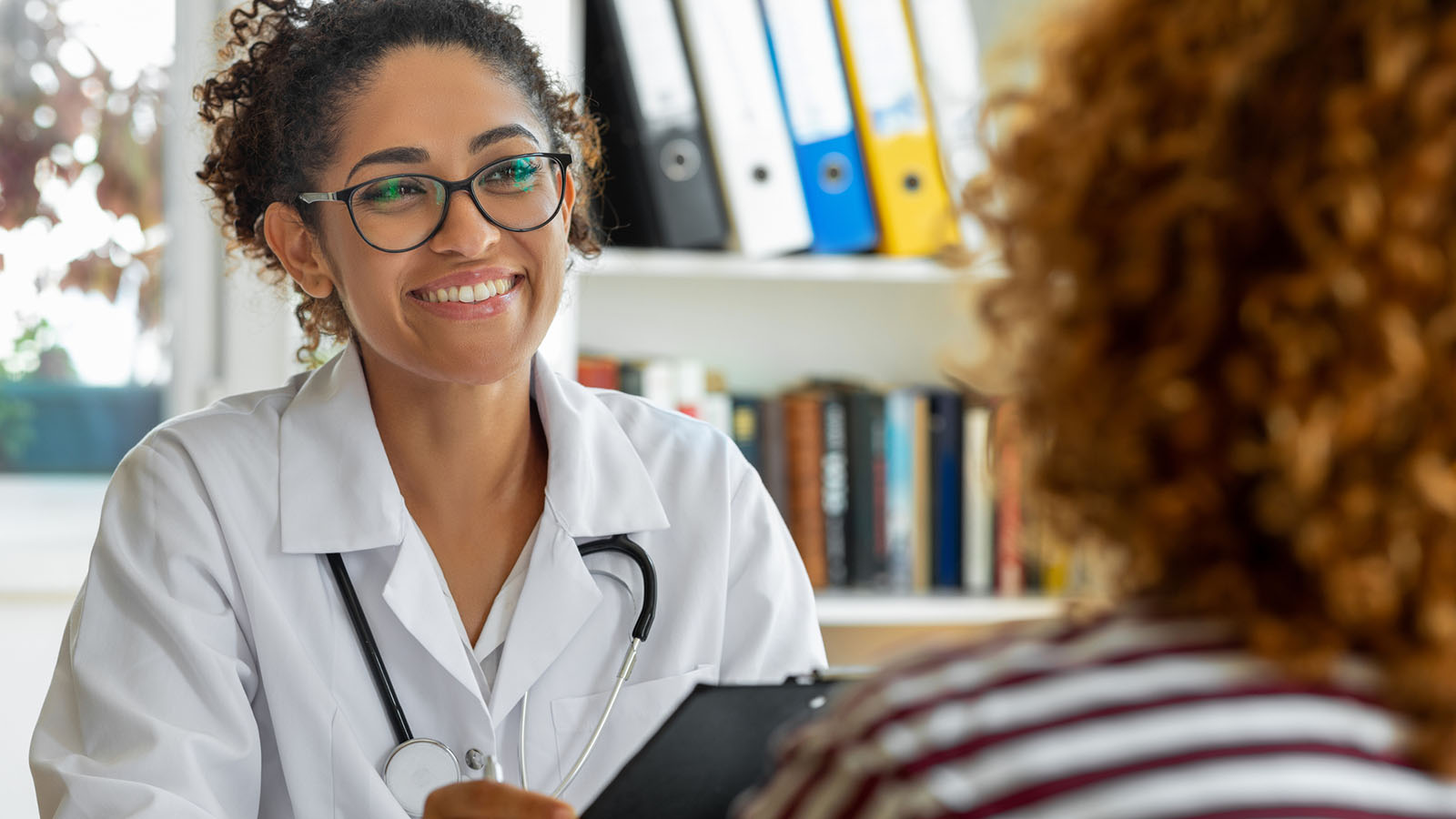
When You Need A Hysterectomy Know Your Options
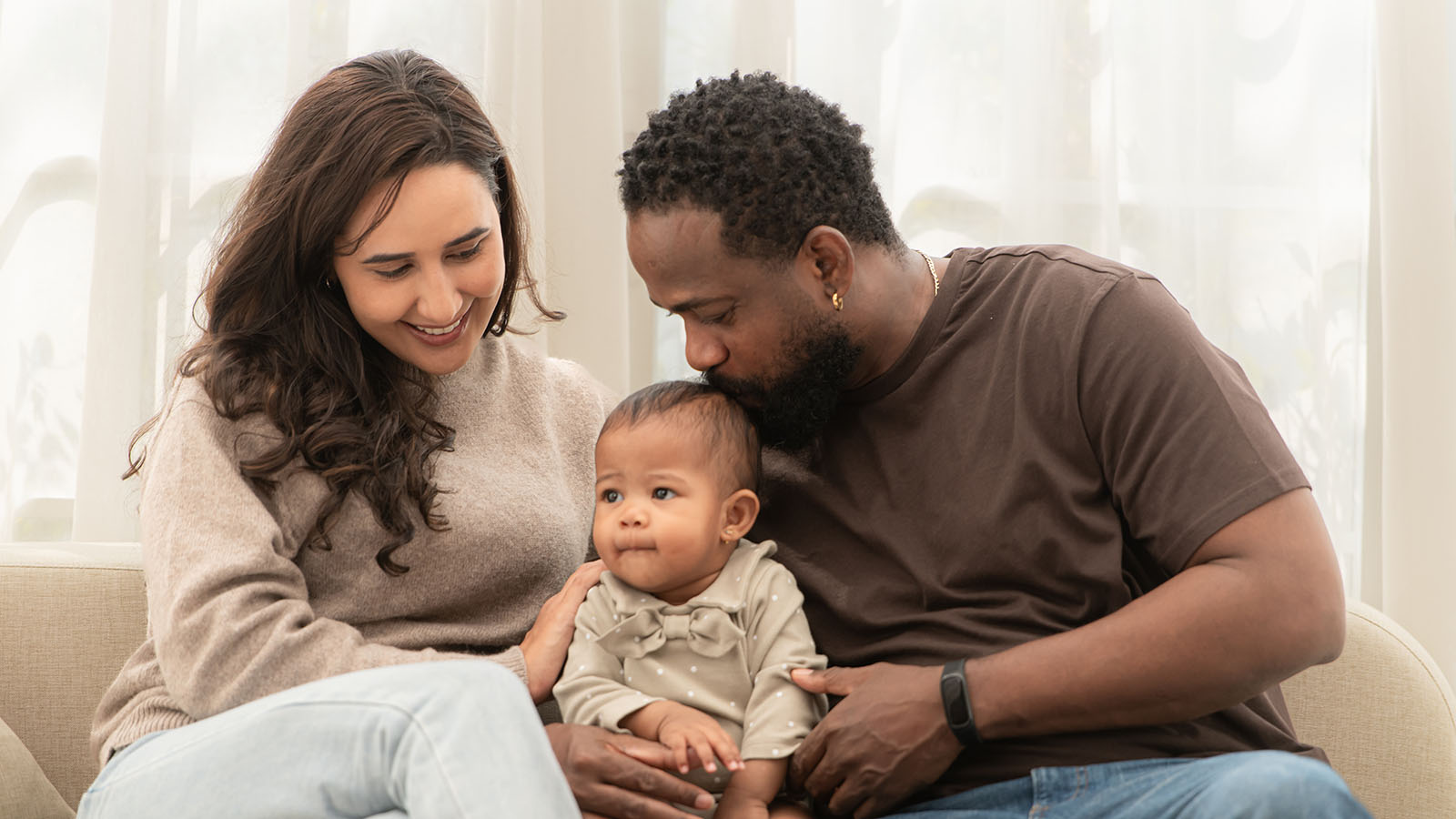
9 Essential Reasons to Vaccinate Your Children
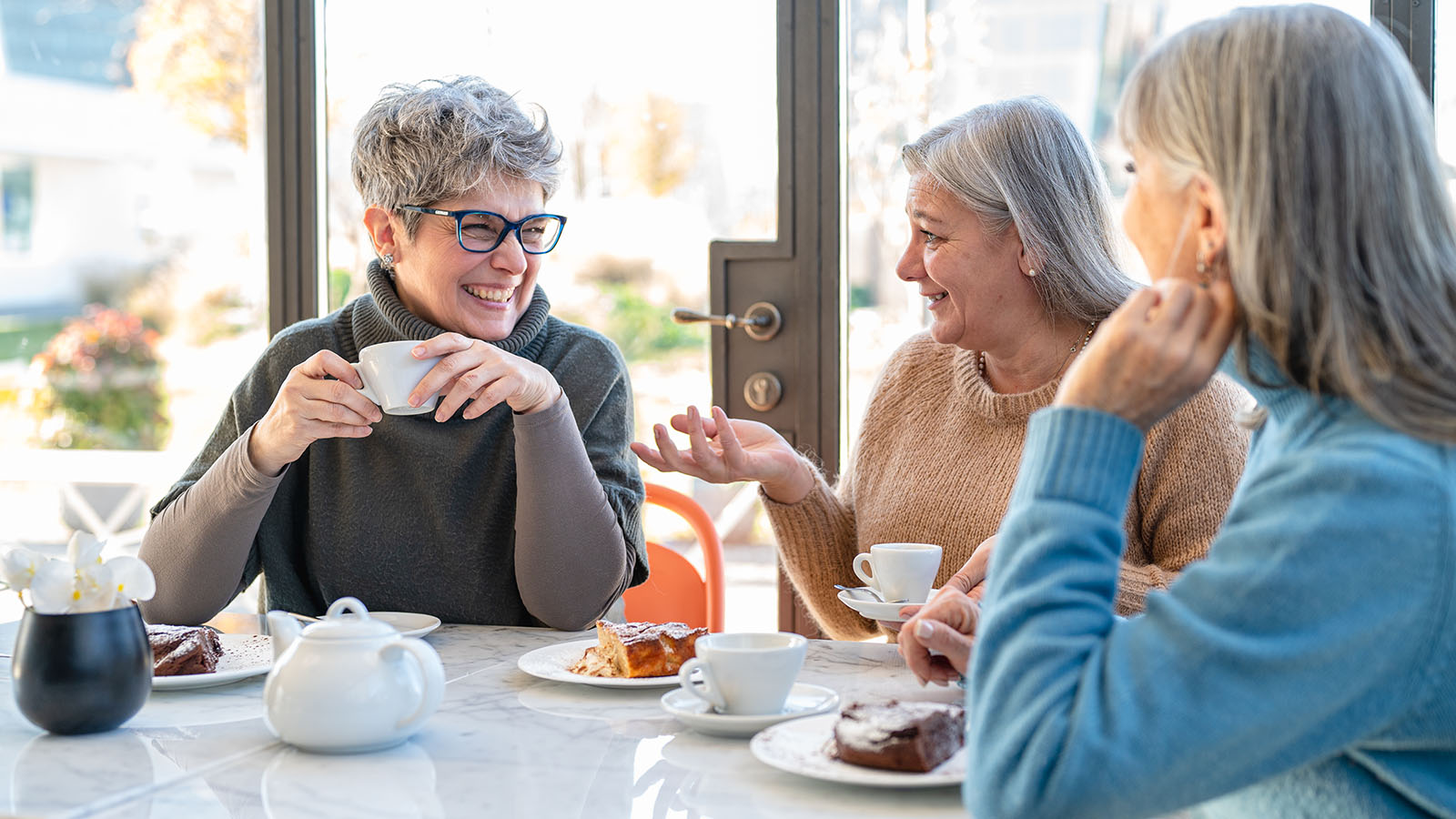
Take Control of Incontinence, Prolapse, and Other Pelvic Floor Disorders

How Can I Prevent Bone Loss and Osteoporosis?
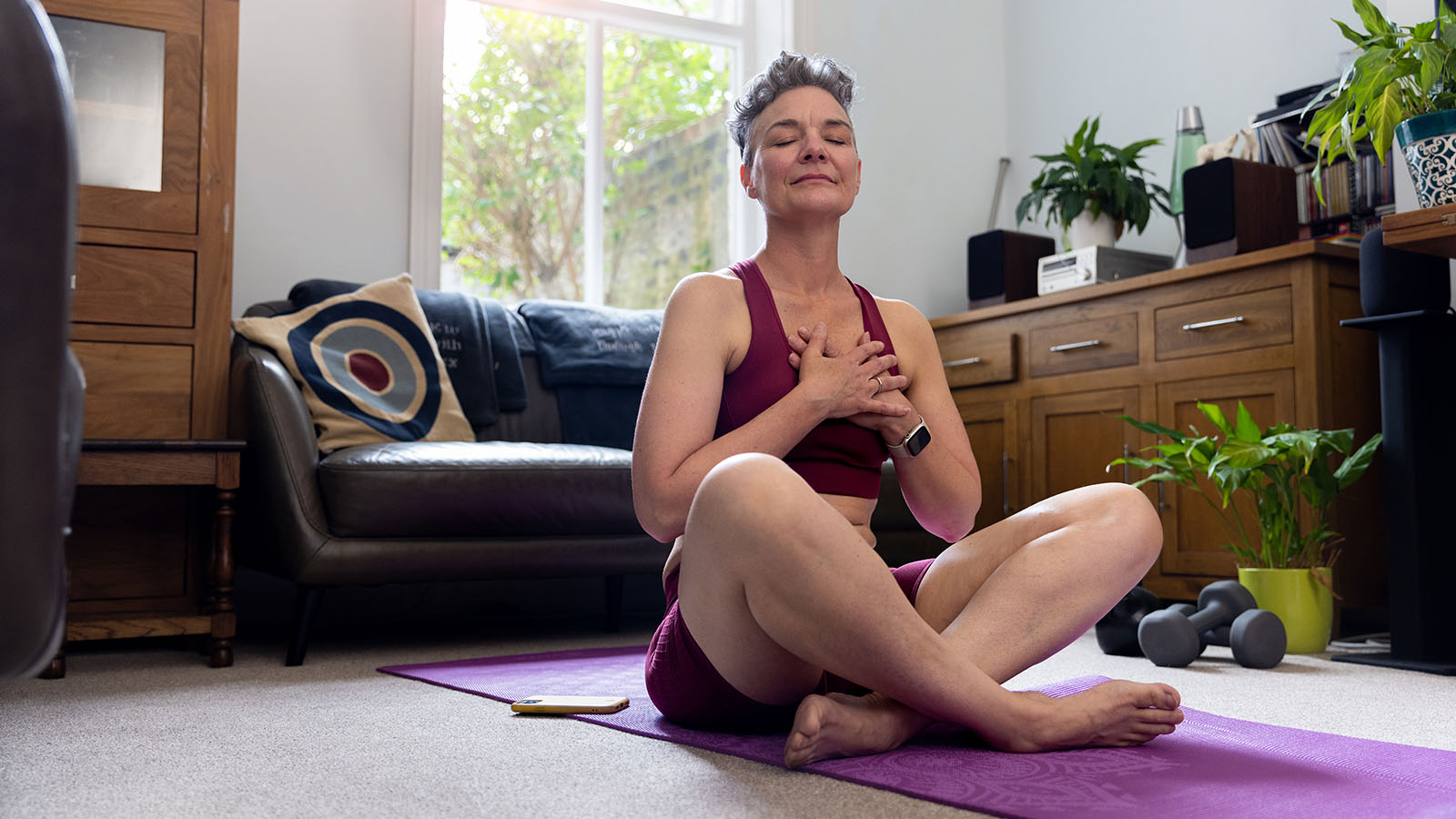
The Truth About Menopause, Weight Gain, and Belly Fat

Shedding Light on Lesser-Known Menopause Symptoms and Solutions

Debunking The Myths About Vaginal Dryness

Best Foods for Kidney Health

5 Essential Winter Foot Care Tips When You Have Diabetes

Sweet Music: Trust, Teamwork Save Justin from Heart Attack
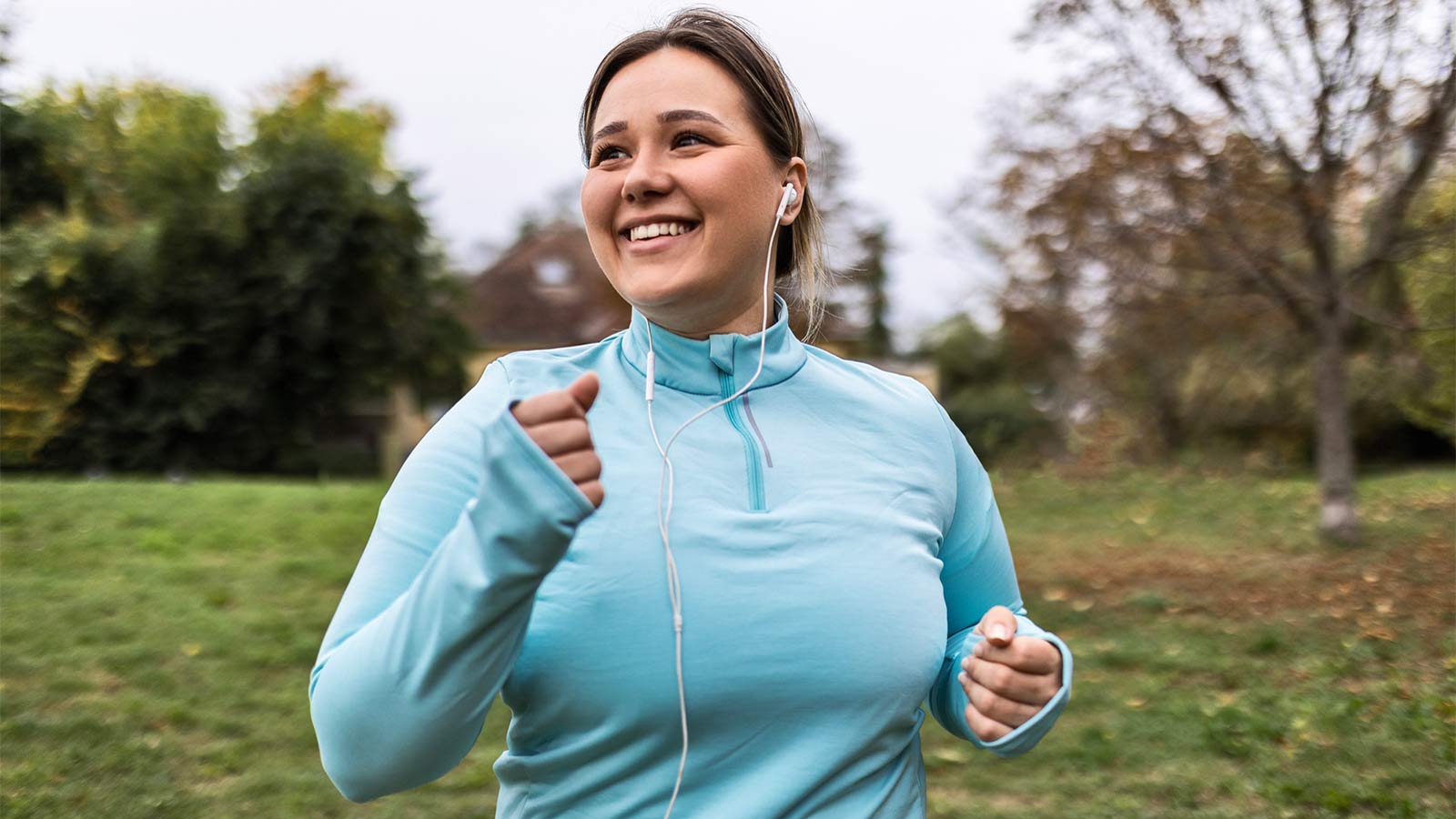
Advanced Minimally Invasive GYN Surgery Puts You at the Center of Care

Your 10-Point Plan to Avoid Winter Weight Gain

Colitis Symptoms Under Control, Jennifer Is ‘Living My Best Life’

Surprising Symptoms May Signal Stroke In Women

8 Key Steps to Better Blood Pressure Control

5 Back Stretches for the Work-From-Home Workweek

The HPV Vaccine: A Powerful Shield Against Cervical Cancer

How Does Breast Density Affect Your Mammogram?

Menopause: New Insights Into the Power of Hormone Replacement Therapy

How to Prevent and Treat Urinary Tract Infections

One New Heart Valve Saves Two Lives in the Tritten Family

6 Numbers Key to Keeping Your Heart Healthy

4 Easy Ways to Treat and Prevent Runner's Knee

Breast Cancer Diagnosis Inspires Catherine to Help Others

Five Mindfulness Tips That Can Help Heal Your Heart
Working from Home? Take a Quick Break to Stretch Your Wrists

Love Your Heart: Essential Care Tips for Every Stage of Life

How Do I Measure My Blood Pressure at Home?

How Do I Improve My Cholesterol Levels?

3 Ways to Reduce Your Stroke Risk

Sarah Wins Back Her Health After Crohn's Disease Diagnosis
Firefighter's Successful Lung Cancer Care at Virtua

A Breast Self-Exam Saved Kristen's Life

How Sex Keeps You Healthy as You Age

Protect Your Child From HPV and Related Cancers

Why IUDs Might Be The Most Effective Birth Control

5 Things You're Too Embarrassed to Tell Your OBGYN

4 Not-So-Crazy Questions to Ask Your Doctor
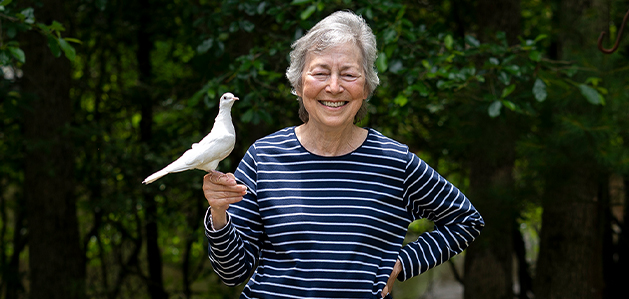
Rectal Cancer Surgery Gets Eileen Back to her Magical Life | Virtua Health
Robotic Surgery Helps Shelly Haney Return to Her Happy Place

New Technology Precisely Marks Suspicious Breast Lumps Before Biopsy to Ease Patient Anxiety
Could Your Young Baseball Player Have Little League Elbow?
Master 3 Mens Health Issues
Personalized Breast Cancer Treatment Puts Choice In Womens Hands
Ready for Your Emergency
Toddler Candy-Colored Medicine Emergency
3 Tips to Preserve Your Teen's Hearing
Radiosurgery Delivers Targeted Treatment for Brain Tumors
Seeing a Social Worker at the Hospital
Start Reducing Your Cancer Risk Today
How to Recognize the Signs of Autism Spectrum Disorder in Children
Call Your OBGYN if You're Bleeding After Menopause
Know Your Endometrial Cancer Treatment Options
Robot Helps Spot Lung Cancer Early
6 Healthy Habits to Start in Your 20s for Better Lifelong Health
Restoring Appearance and Spirit After Breast Cancer
4 Essential Cancer Screenings
How to Overcome Colonoscopy Fears
What You Need To Know About Cancer And COVID 19 Risks
Prostate Cancer Screening: What You Need to Know
Military Veteran Pam Carpino Offers Hope to Women With Triple Negative Breast Cancer
Reclaim Your Strength and Spirit After Breast Cancer
The Cardio Oncology Team Protects Your Heart During Cancer Treatment
Coping with Body Changes After Breast Cancer Treatment
Losing Sleep Over Your Child’s Sleep?
Protect Your Newborn During Pregnancy With a TDAP Vaccine
Diapering
How Doctors Determination and Dancing Helped Judy Stokes Through Breast Cancer Treatment
I Have Been in Your Shoes the Struggles of a New Mom
How Is Breast Cancer Diagnosed?
10 Tips For Breastfeeding In Public

